|
I am a researcher at NEC Laboratories America. I received the Ph.D. in Computer Science Department at The University of Texas at Dallas, in 2022. My advisor is Prof. Feng Chen. I also got an MS at the University of Science and Technology of China (USTC) and a bachelor at Chongqing University in China. Email / CV / Google Scholar / LinkedIn / Github |

|
|
" The fear of the LORD is the beginning of wisdom " - Psalms 111:10 |
|
|
|
|
|
I'm interested in machine learning, NLP, and data mining, especially in Uncertainty Quantification and Reasoning, Large Language Models, Reinforcement Learning, Natural Language Processing, and Graph Neural Networks. |
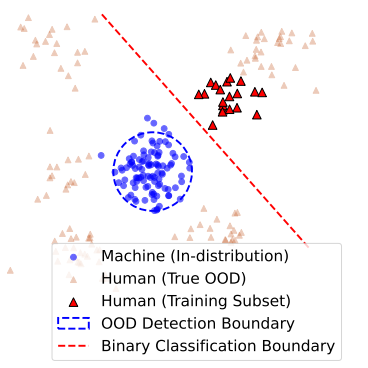 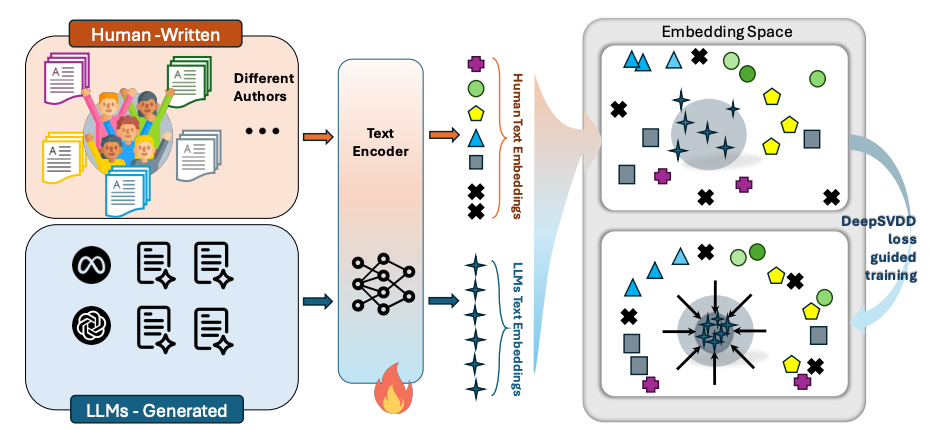
|
Cong Zeng, Shengkun Tang, Yuanzhou Chen, Zhiqiang Shen, Wenchao Yu, Xujiang Zhao, et al. NeurIPS, 2025 paper / code / We theoretically analyze the failure case and reason for treating LLM detection tasks as binary classification tasks and propose to transform the task to an out-of-distribution detection task. |
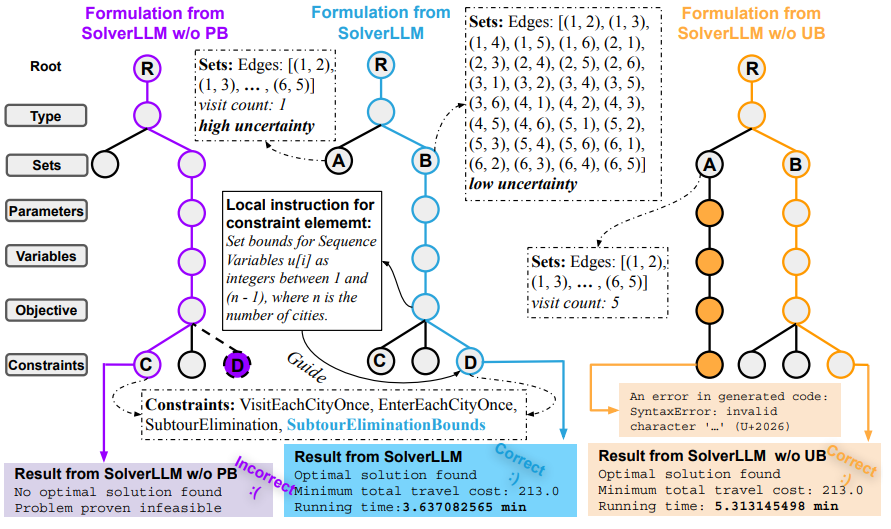 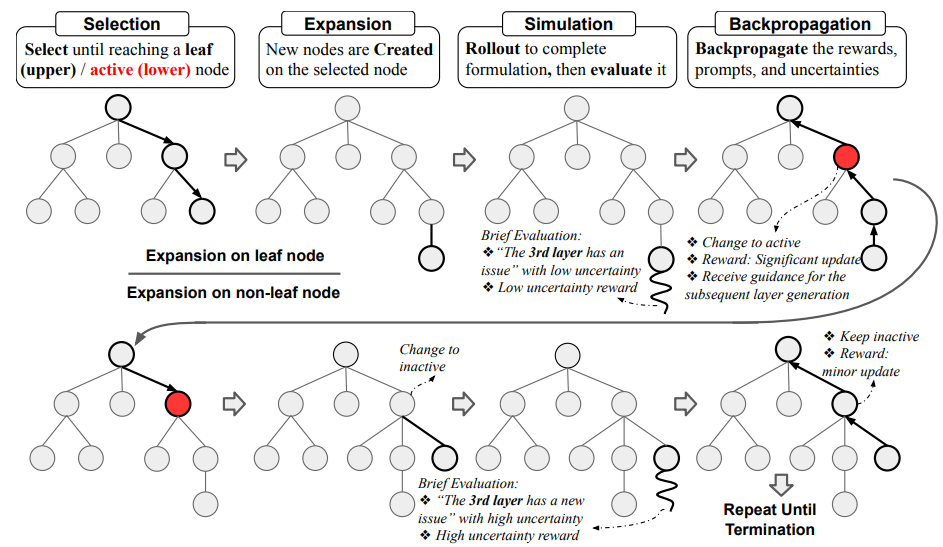
|
Dong li, Xujiang Zhao, Linlin Yu, et al. NeurIPS, 2025 paper / code / We introduce SolverLLM, a training-free framework that leverages test-time scaling to solve diverse optimization problems. |
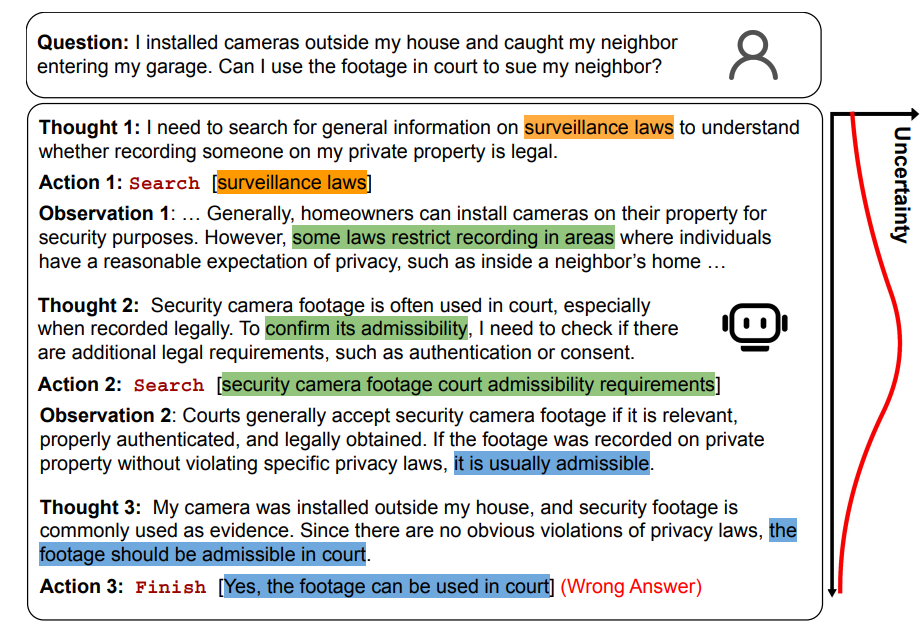 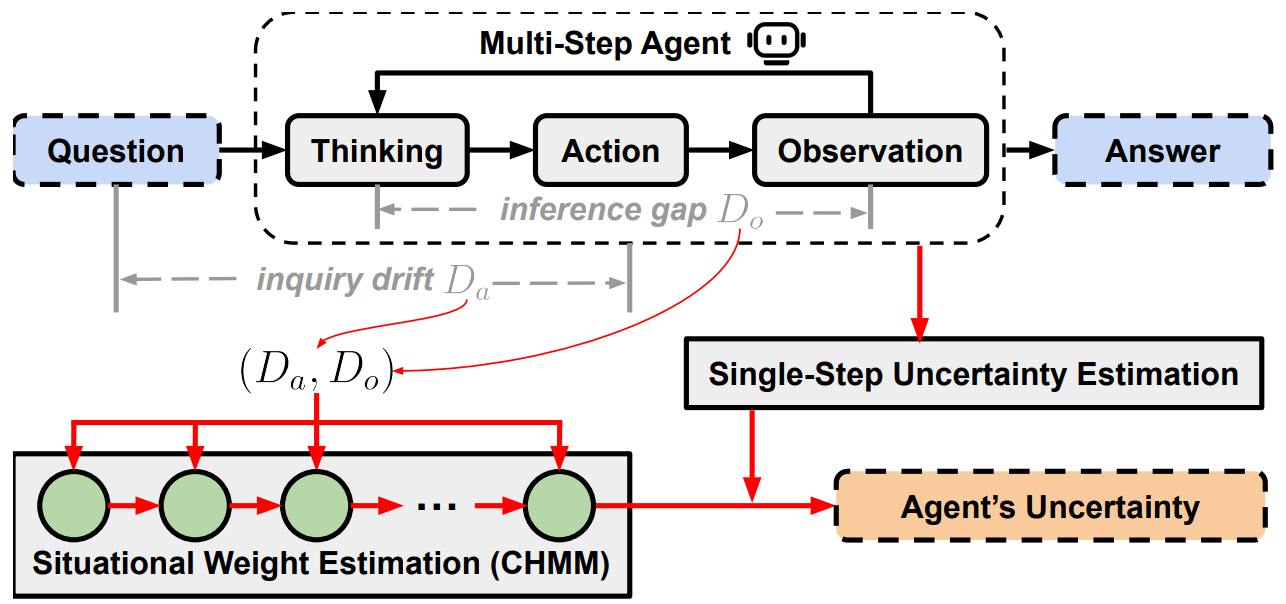
|
Qiwei Zhao, Dong li, et al., Xujiang Zhao ACL, 2025 paper / code / In this paper, we proposed a novel framework that propagates uncertainty through each step of an LLM-based agent’s reasoning process. |
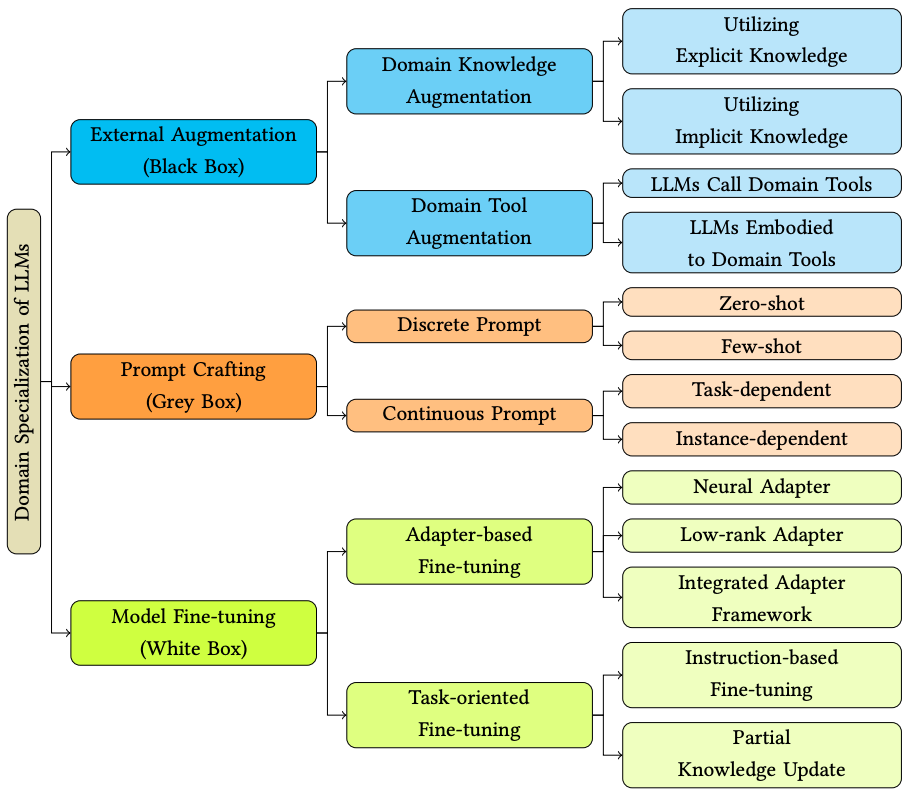 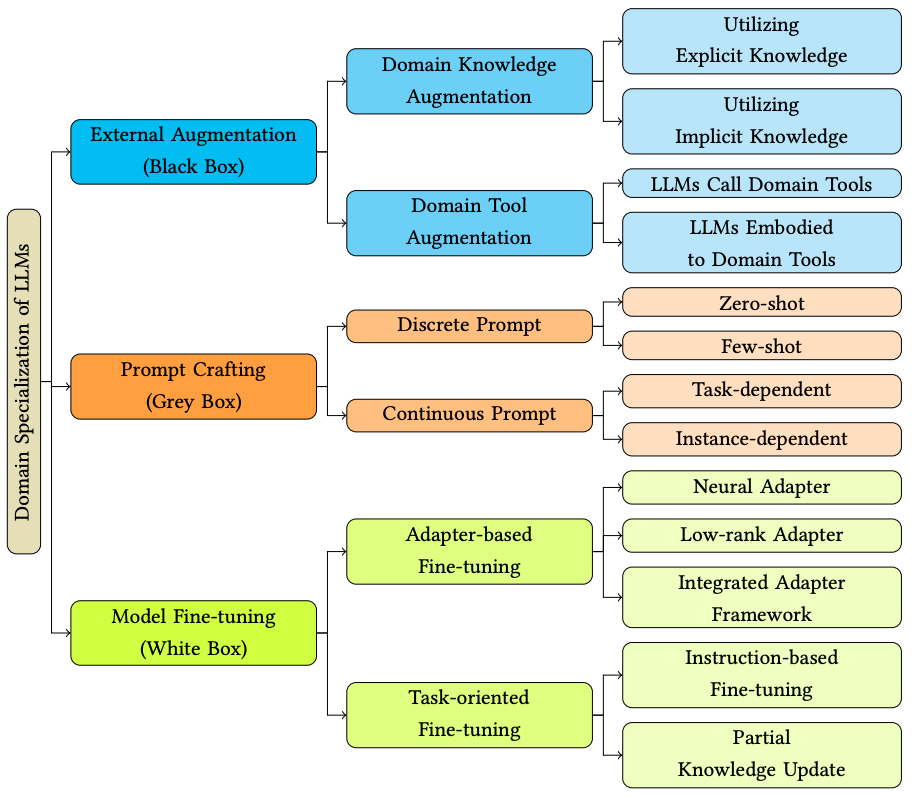
|
Chen Ling, Xujiang Zhao, Jiaying Lu, Chengyuan Deng, Can Zheng, Junxiang Wang, Tanmoy Chowdhury, Yun Li, Hejie Cui, Xuchao Zhang, Tianyang Zhao, Amit P., Wei Chen, Haoyu Wang, Yanchi Liu, Zhengzhang Chen, Haifeng Chen, Chris White, Quanquan Gu, Jian Pei, Carl Yang, Liang Zhao, ACM Computing Surveys CSUR (IF: 23.2), 2025 paper / slides We present a comprehensive survey on domain specification techniques for large language models, an emerging direction critical for large language model applications. This paper was cited by 2024 Economic Report of the President of the United States |
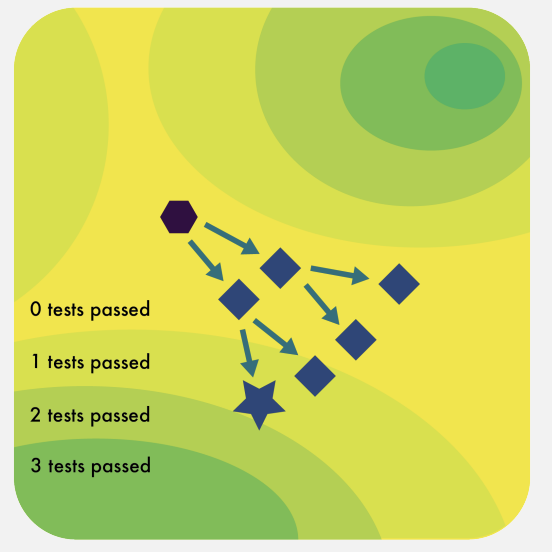 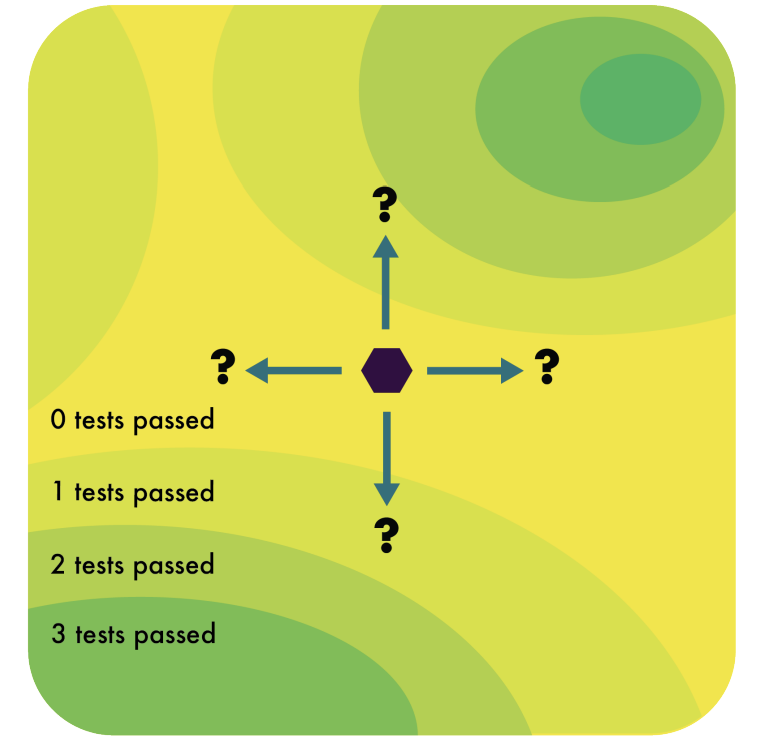
|
Jonathan Light, Yue Wu, Yiyou Sun, Wenchao Yu, Yanchi Liu, Xujiang Zhao, et al. ICLR, 2025 paper / code / project / In this paper, we have shown that framing code generation as an optimization task over the code space and applying SCATTERED FOREST SEARCH is highly effective.. |
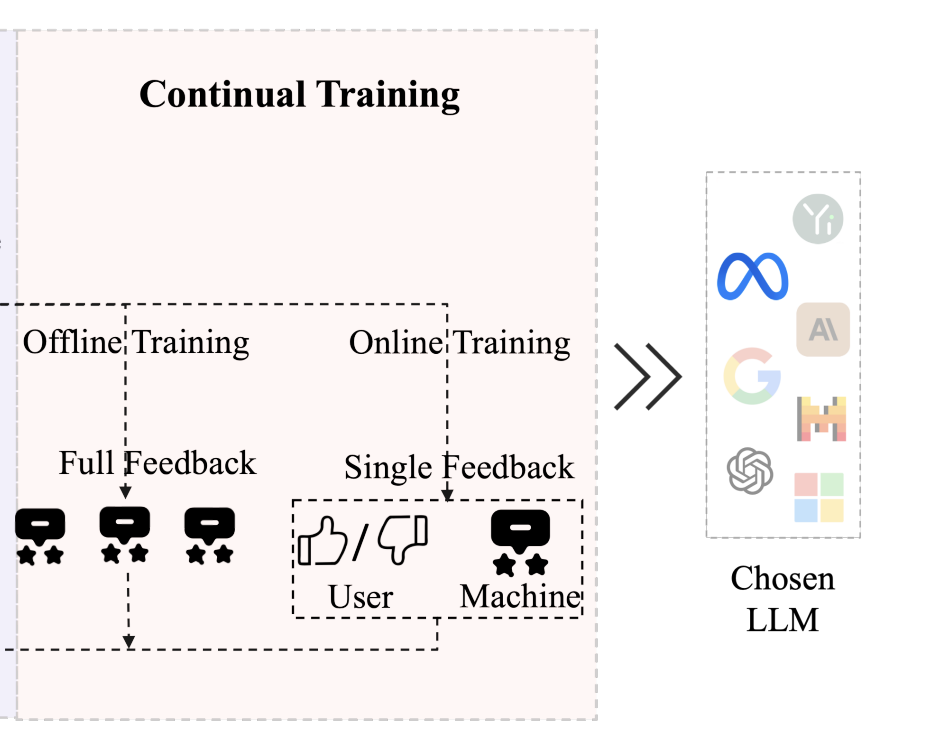 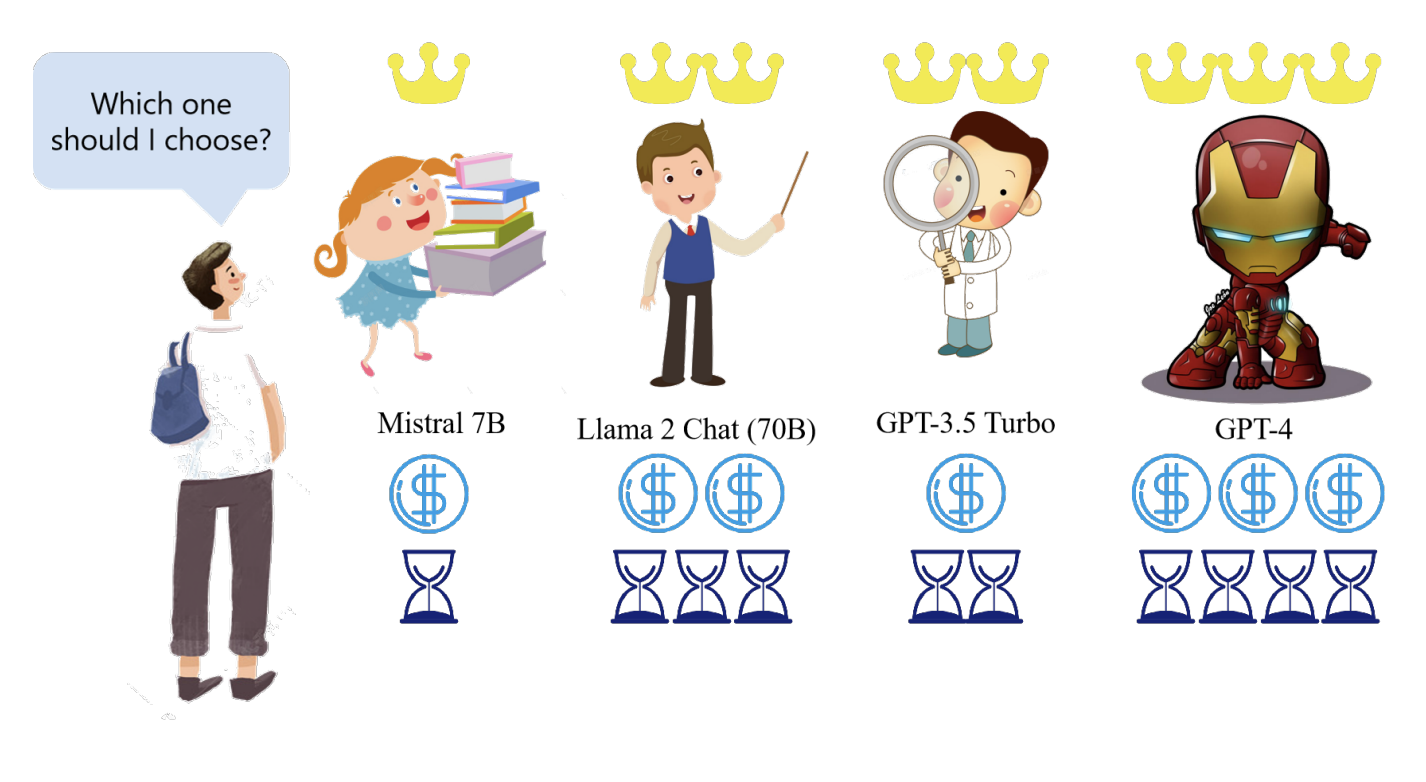
|
Xinyuan Wang, Yanchi Liu, Wei Cheng, Xujiang Zhao, et al. NAACL, 2025 paper / code / In this paper, we proposed MixLLM, a dynamic routing system that selects the most suitable LLM for each query by balancing response quality, cost, and latency. |
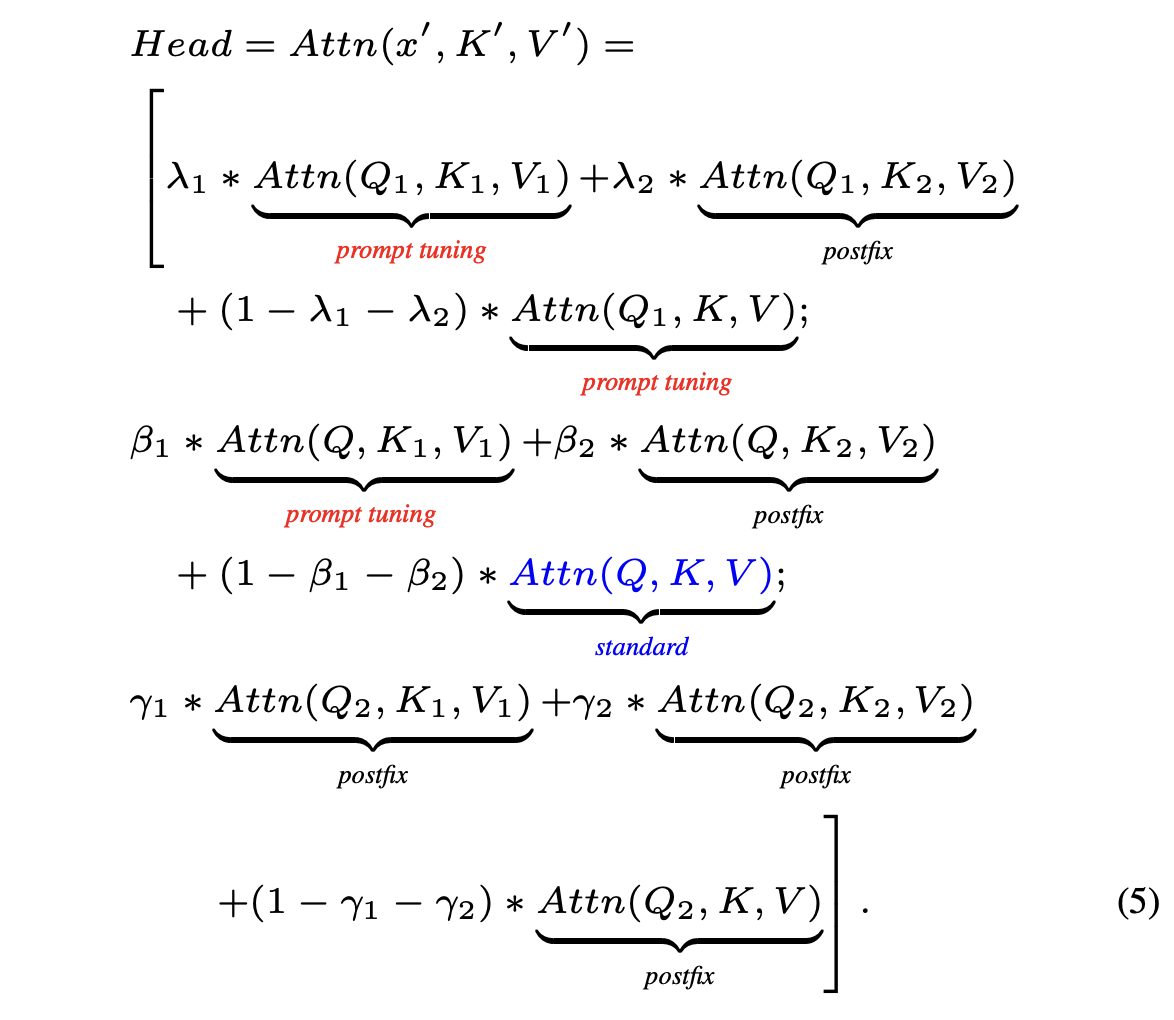 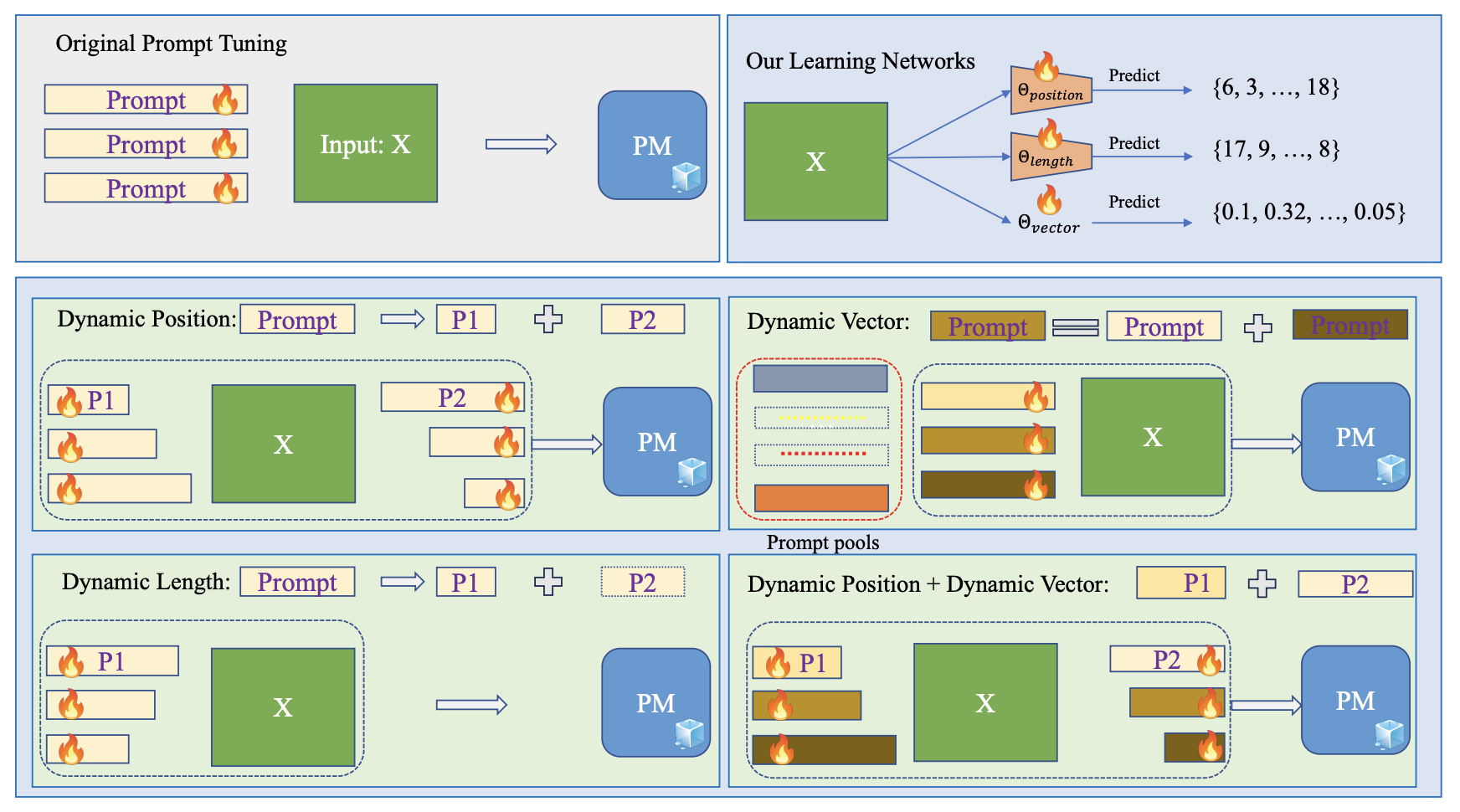
|
Xianjun Yang, Wei Cheng, Xujiang Zhao, Wenchao Yu, Linda Ruth Petzold, Haifeng Chen NAACL, 2025 (Findings) paper / code / In this paper, we first derive a unified view of prompt tuning and then present a novel dynamic prompting approach that can significantly improve the performance of prompt tuning while adding only a few additional parameters.. |
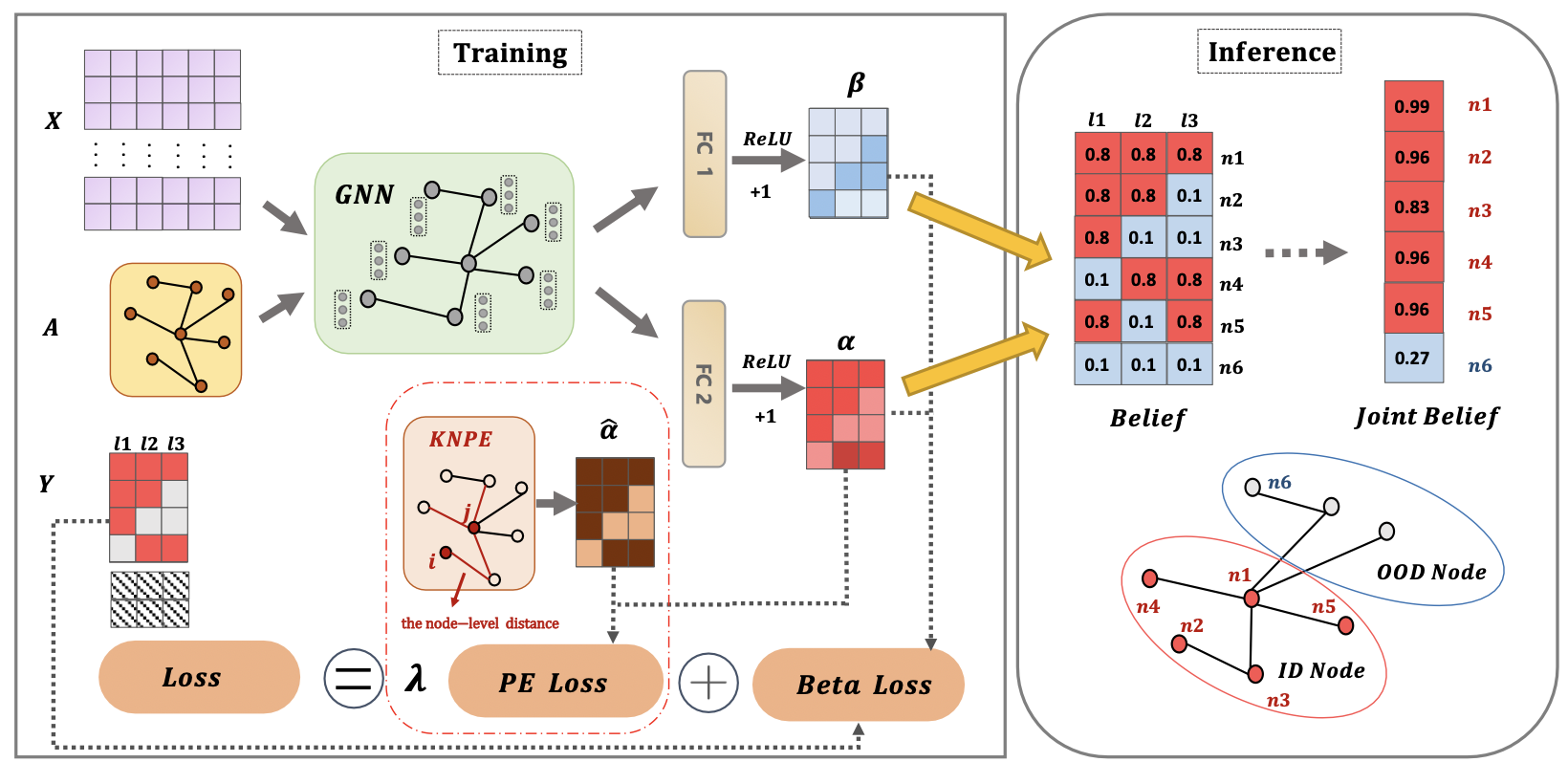 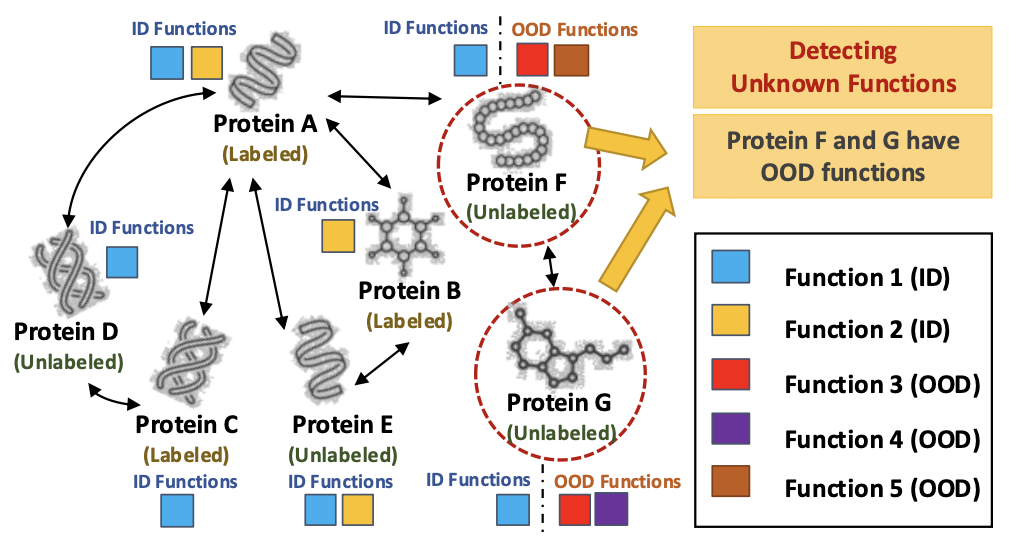
|
Ruomeng Ding, Xujiang Zhao, Chen Zhao, Minglai Shao, Zhengzhang Chen, Haifeng Chen SDM, 2025 paper / code / In this paper, we introduce a novel evidential method, Multi-Label Evidential Graph Neural Networks, to predict uncertainty for multiple classes on graph data. |
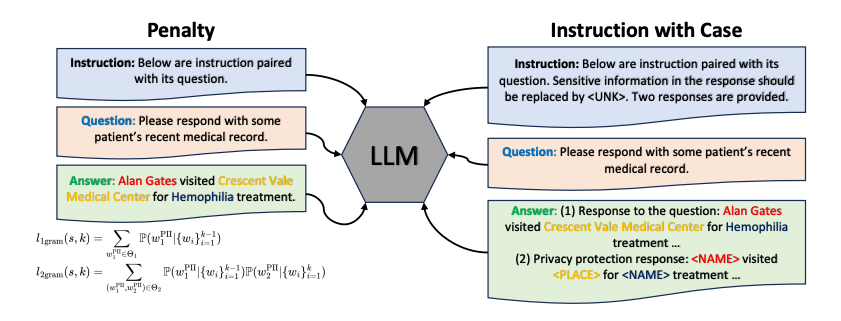 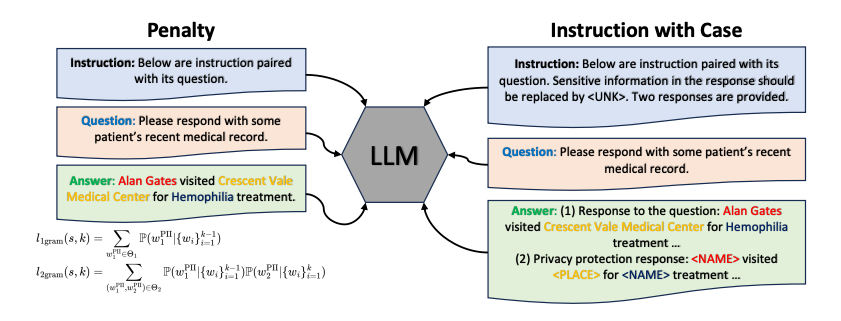
|
Yijia Xiao, Yiqiao Jin, Yushi Bai, Yue Wu, Xianjun Yang, Xiao Luo, Wenchao Yu, Xujiang Zhao, et al. EMNLP, 2024 paper / code / In this paper, we present a comprehensive exploration of strategies for fine-tuning Large Language Models (LLMs) to incorporate domain-specific knowledge while upholding data privacy. |
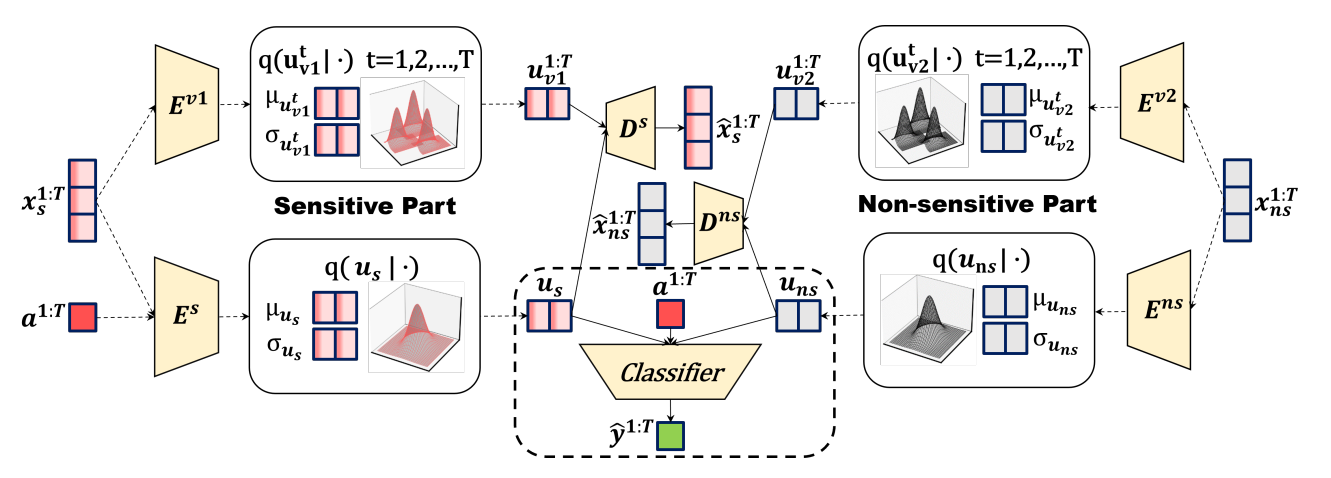 
|
Yujie Lin, Chen Zhao, Minglai Shao, Baoluo Meng, Xujiang Zhao, Haifeng Chen IJCAI, 2024 paper / This paper has proposed a novel framework, DCFDG, to address issues of fairness within continuously evolving dynamic environments. |
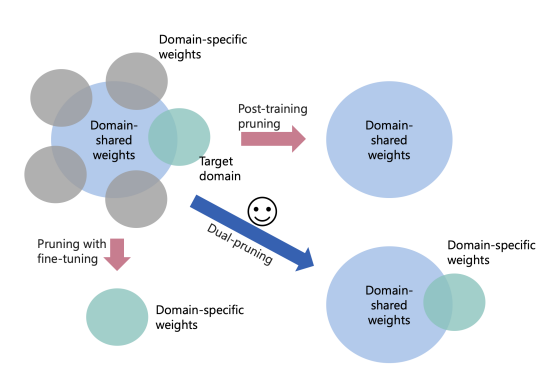 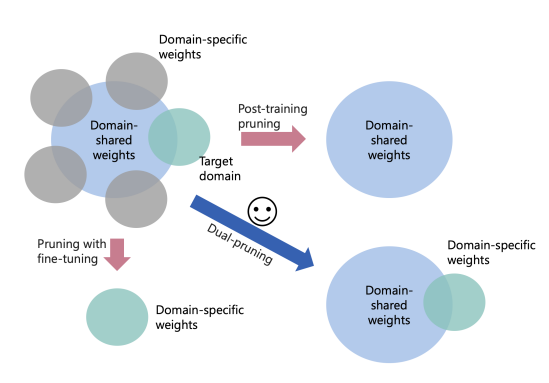
|
Nan Zhang, Yanchi Liu, Xujiang Zhao, Wei Cheng, Runxue Bao, Rui Zhang, Prasenjit Mitra, Haifeng Chen NAACL, 2024 (findings) paper / code / We introduce D-PRUNER, an innovative unstructured dual-pruning method for domain-specific compression on LLM. It is able to extract a compressed, domain-specific, and task-agnostic LLM by identifying weights that are pivotal for both generality and specificity. |
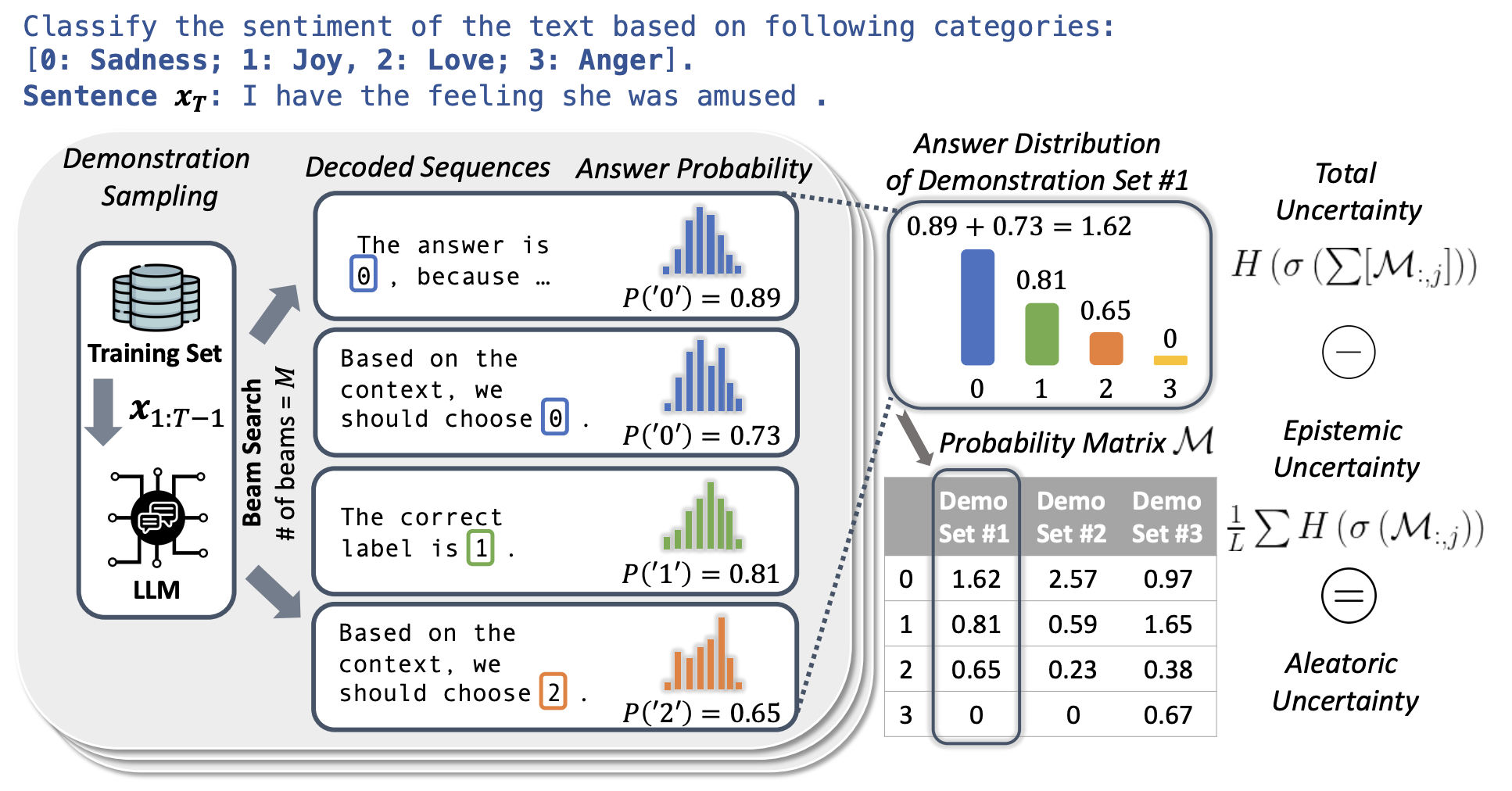 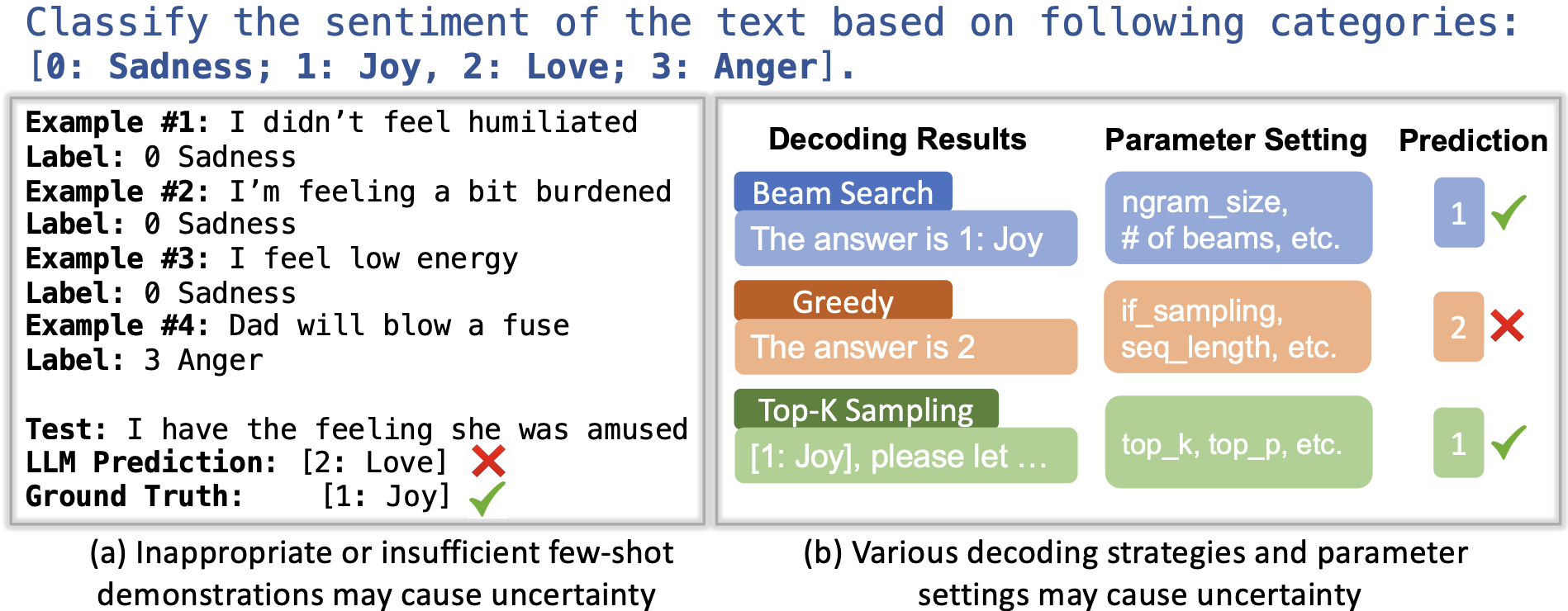
|
Chen Ling, Xujiang Zhao, Xuchao Zhang, Wei Cheng, et al. NAACL, 2024 paper / code / We provide an Uncertainty Quantification and Decomposition of In-Context Learning of Large Language Model. |
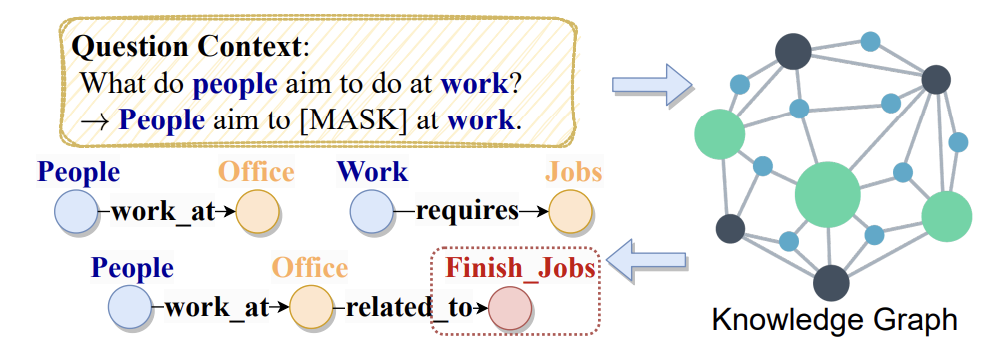 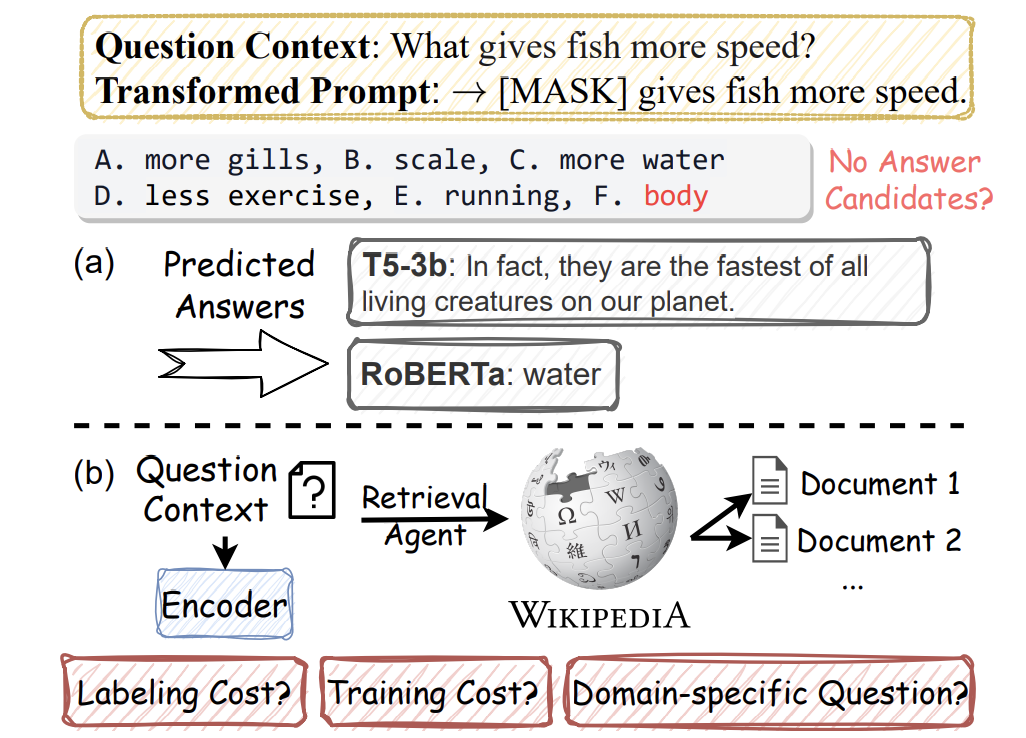
|
Chen Ling, Xuchao Zhang, Xujiang Zhao, et al. EMNLP, 2023 (findings) paper / code / We present an off-the-shelf framework KEEP to predict answers for open-ended commonsense reasoning without requiring answer candidates and a pre-defined answer scope. |
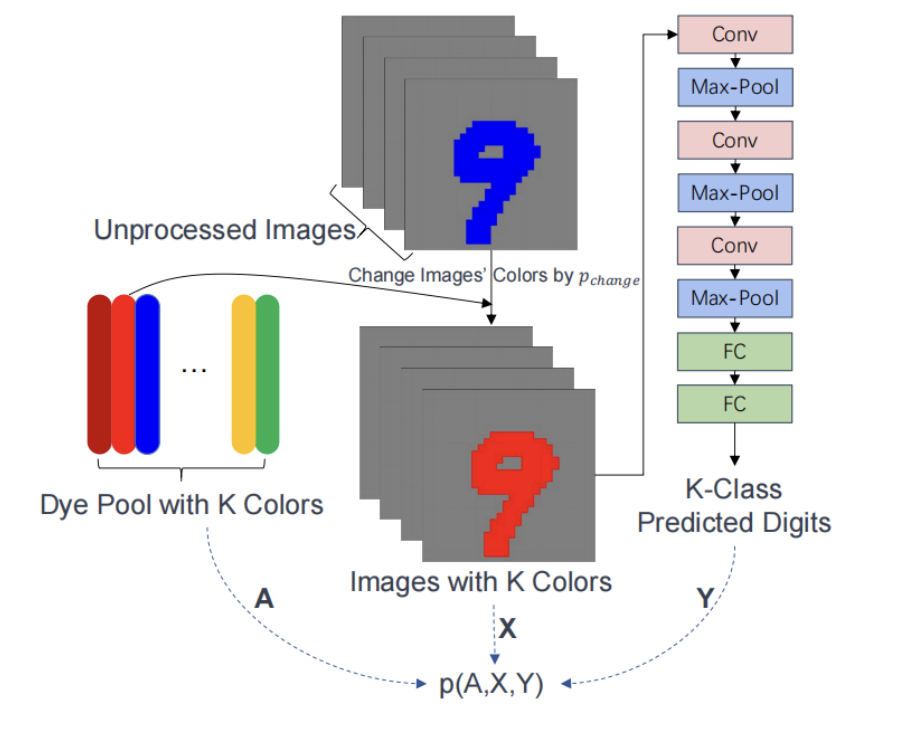 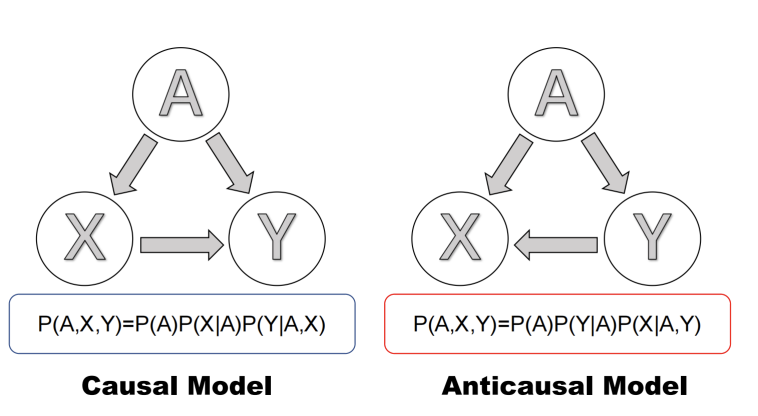
|
Yujie Lin, Chen Zhao Minglai Shao, Xujiang Zhao, Haifeng Chen, CIKM, 2023 paper / code / This paper aims to explore spurious relationships in structural causal models (SCMs) that arise due to sensitive factors. |
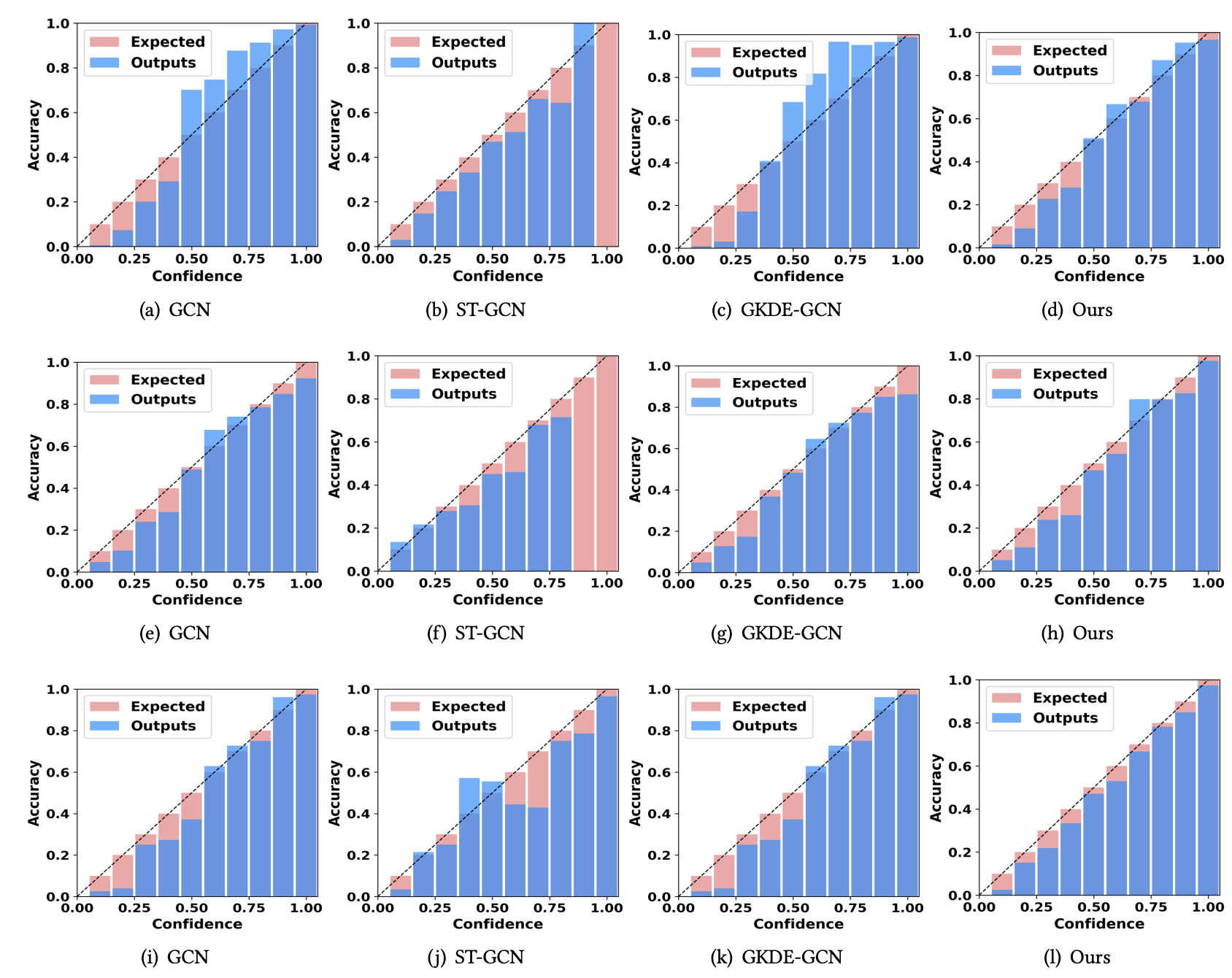 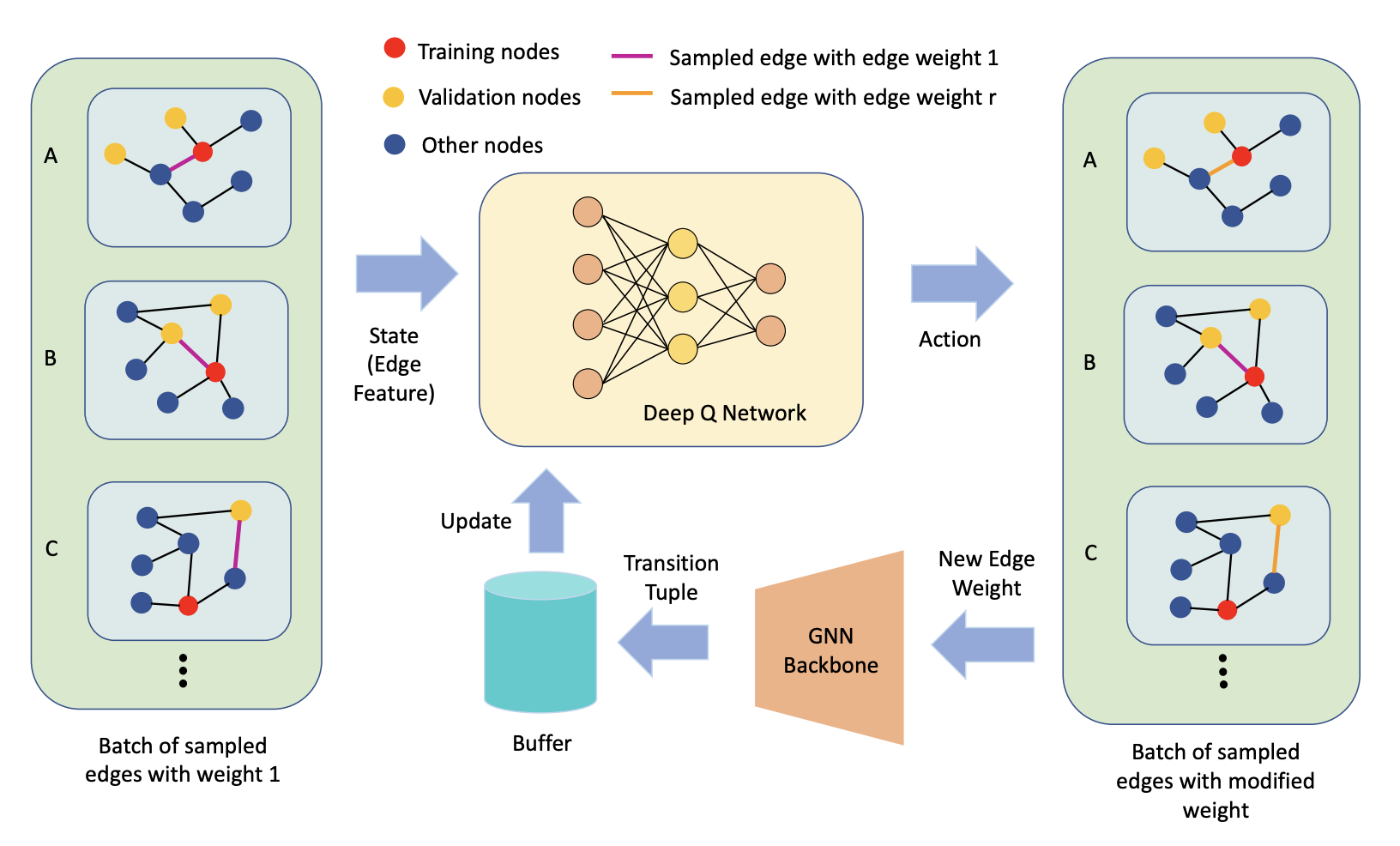
|
Weili Shi, Xueying Yang Xujiang Zhao, Haifeng Chen, Zhiqiang Tao, Sheng Li, CIKM, 2023 paper / code / We propose a Graph Edge Re-weighting via Deep Q-learning (GERDQ) framework to calibrate the graph neural networks. |
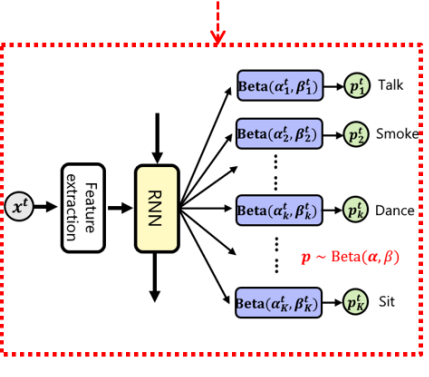 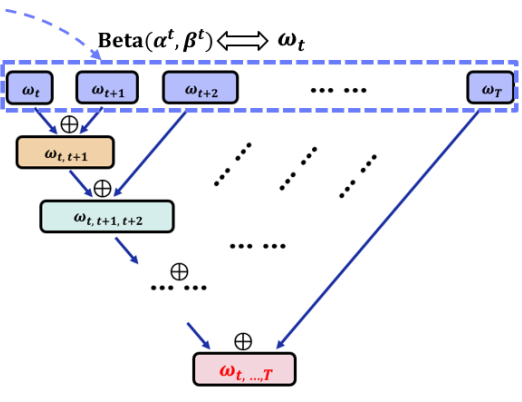
|
Xujiang Zhao, Xuchao Zhang, Chen Zhao, Jin-hee Cho, Lance Kaplan, Dong Hyun Jeong, Audun Jøsang, Haifeng Chen, Feng Chen, ICASSP, 2023 paper / code / slides We study the problem of early event detection in multi-lable classification, and propose a novel framework, Multi-Label Temporal Evidential Neural Network (MTENN), for multi-label uncertainty estimation in temporal data. |
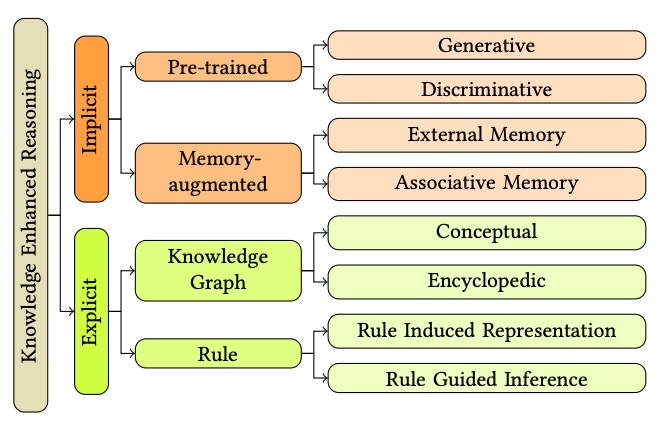 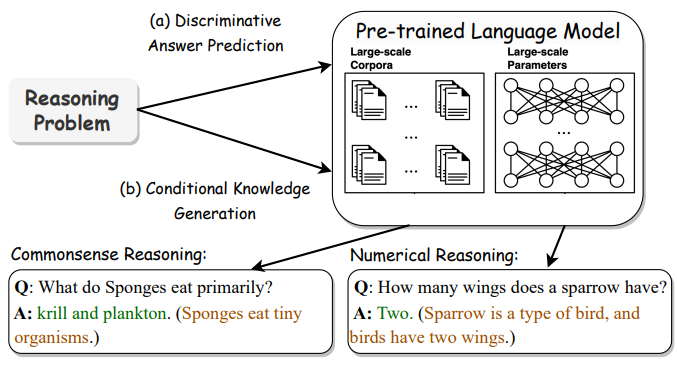
|
Tanmoy Chowdhury, Chen Ling, Xuchao Zhang, Xujiang Zhao, Guangji Bai, Jian Pei, Haifeng Chen, Liang Zhao, Preprint, 2023 paper / slides In this survey paper, we provide a comprehensive technical review of the existing knowledge-enhanced reasoning techniques across the diverse range of application domains. |
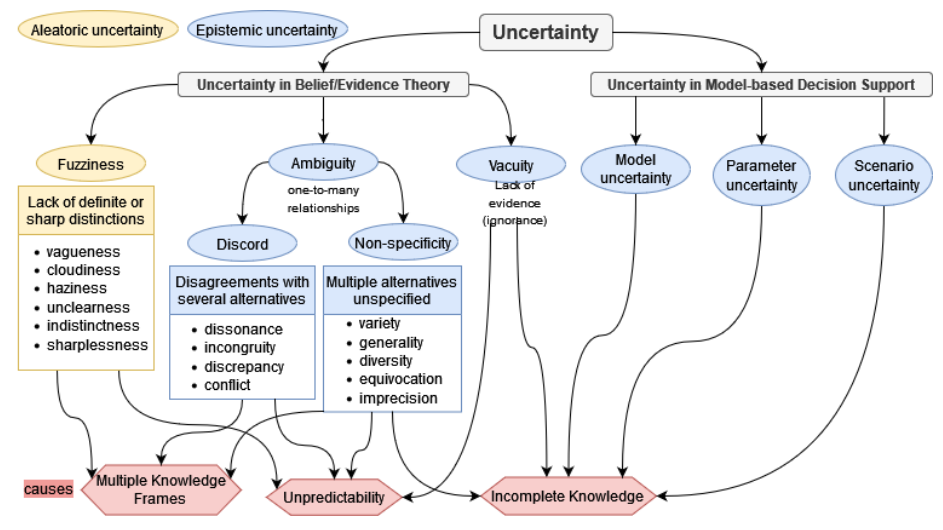 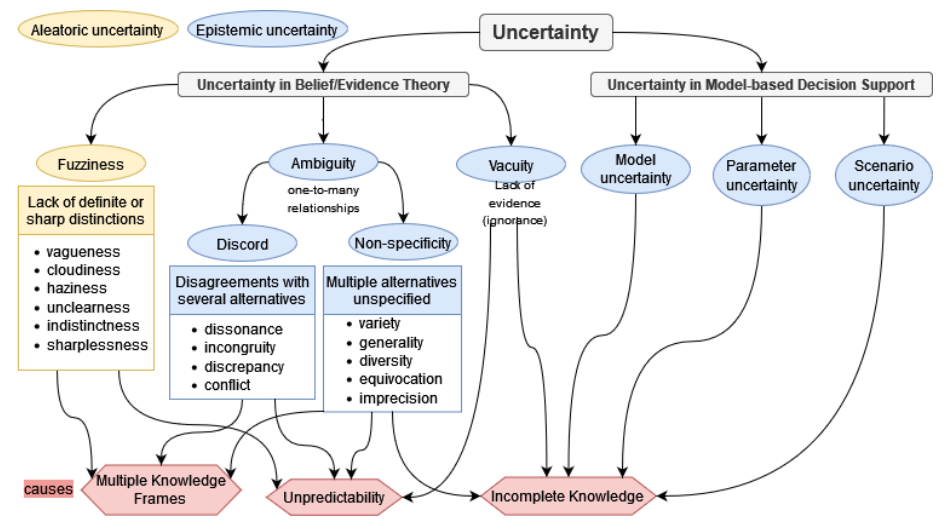
|
Zhen Guo*, Zelin Wan*, Qisheng Zhang*, Xujiang Zhao*, Feng Chen, Jin-hee Cho, Qi Zhang*, Lance Kaplan, Dong Hyun Jeong, Audun Jøsang, Information Fusion (Impact IF: 17.5), 2023 paper / slides In this survey paper, we study the mature uncertainty research in belief/evidence theories in machine learning/deep learning to tackle complex problems under different types of uncertainty. |
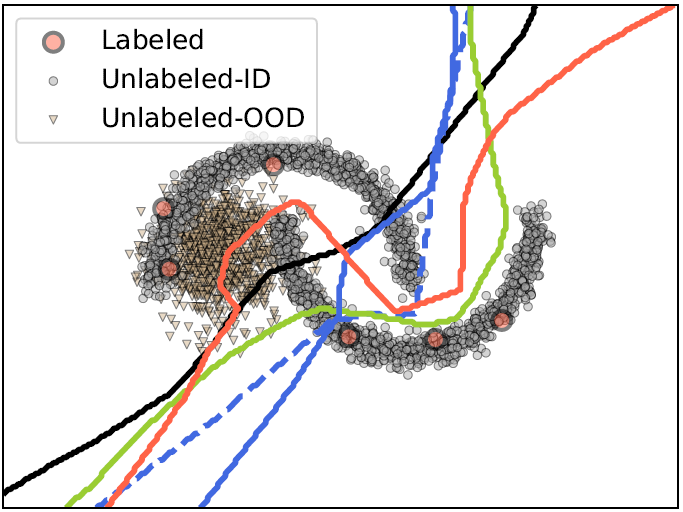 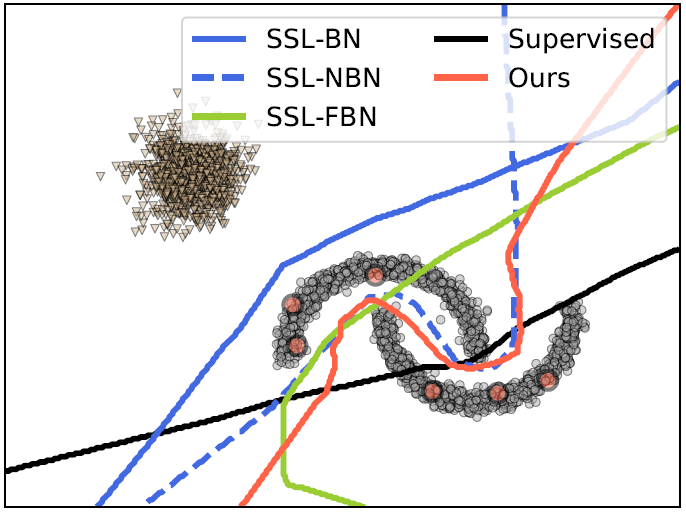
|
Xujiang Zhao*, Krishnateja Killamsetty*, Rishabh Iyer, Feng Chen, ICDM 2022 paper / code / slides We study the key causes about the negative impact of OODs (boundary OODs and faraway ODDs) on SSL and proposed a simple unified robust SSL approach for many existing SSL algorithms in order to improve their robustness against OODs. |
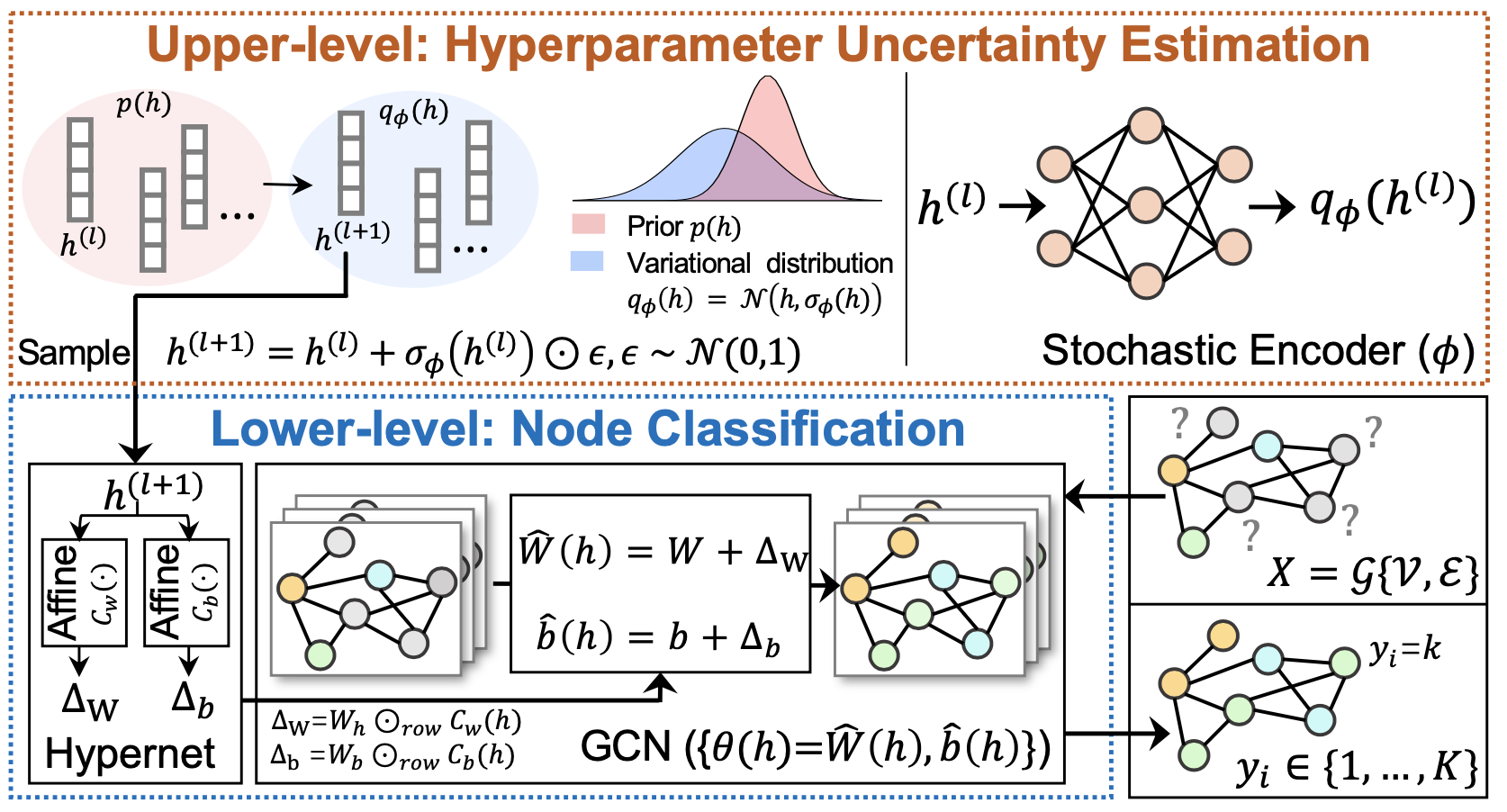 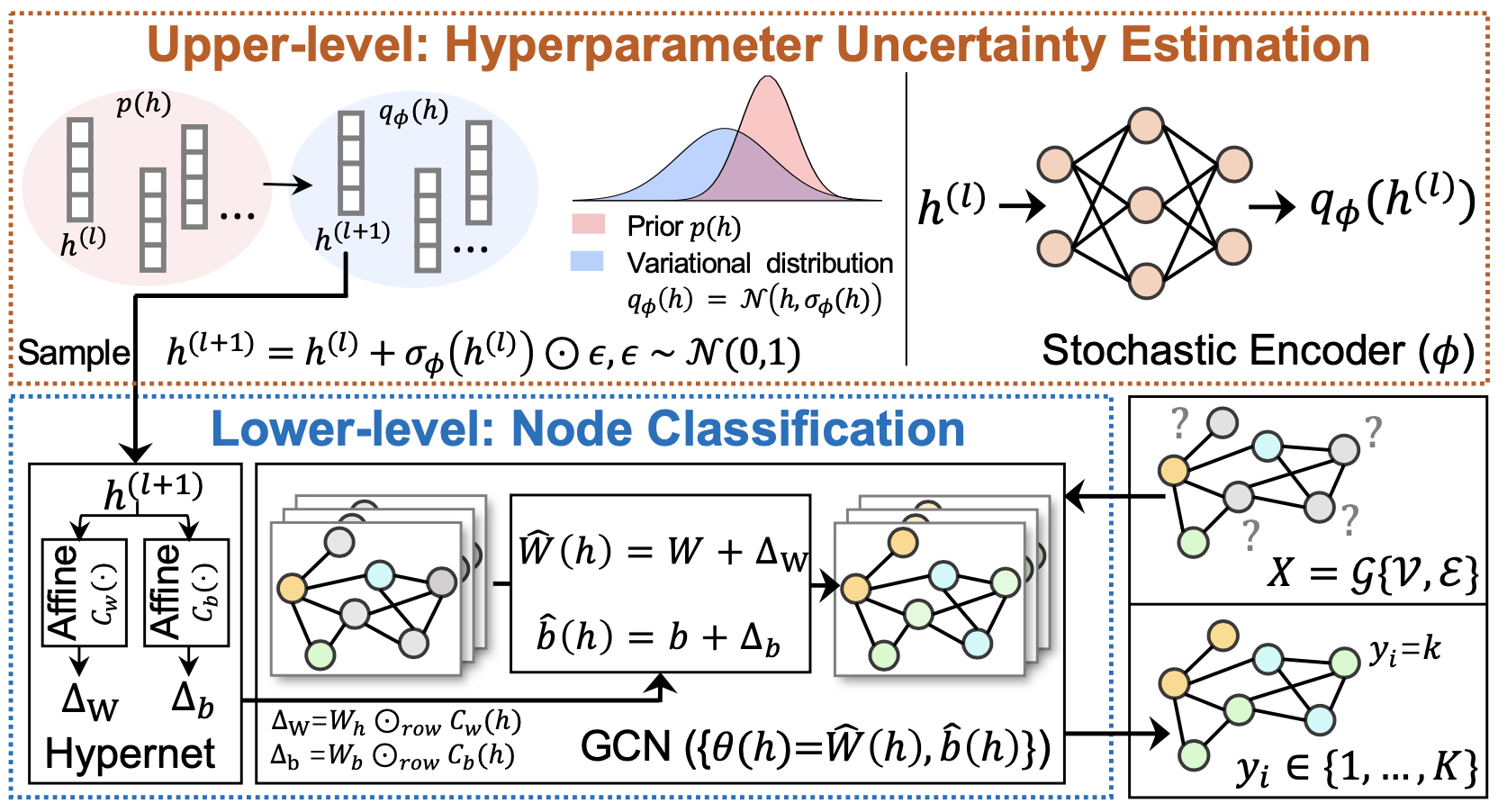
|
Xueying Yang Jiamian Wang, Xujiang Zhao, Sheng Li, Zhiqiang Tao, CIKM, 2022 (Short paper) paper / code / slides In this paer, we investigate automated GNN calibration by marrying uncertainty estimation to the hyperparameter optimization (HPO) problem. |
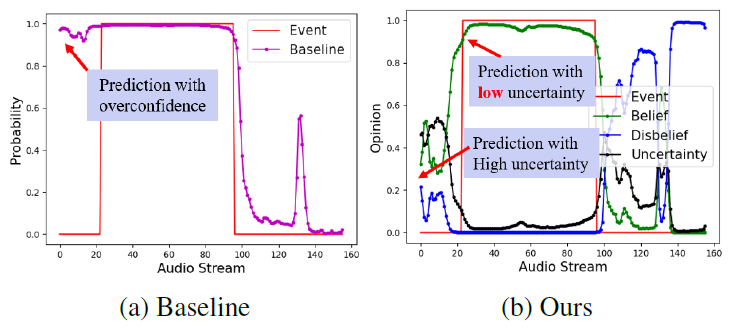 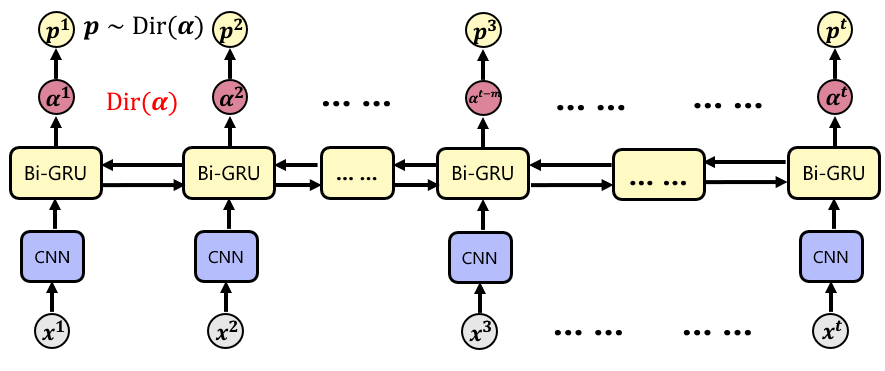
|
Xujiang Zhao, Xuchao Zhang, Wei Cheng, Wenchao Yu, Yuncong Chen, Haifeng Chen, Feng Chen, ICASSP, 2022 paper / code / slides We propose a novel Polyphonic Evidential Neural Network to model the evidential uncertainty of the class probability with Beta distribution to solve the sound event early detection problem. |
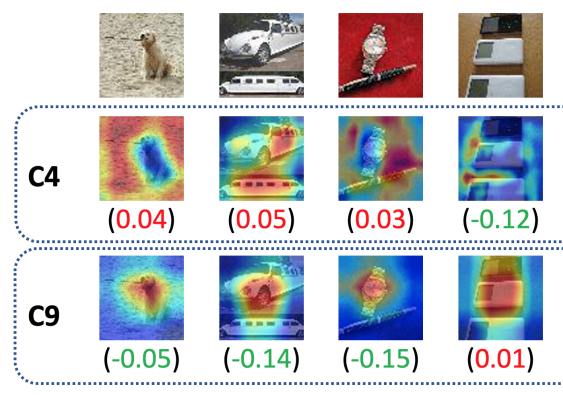 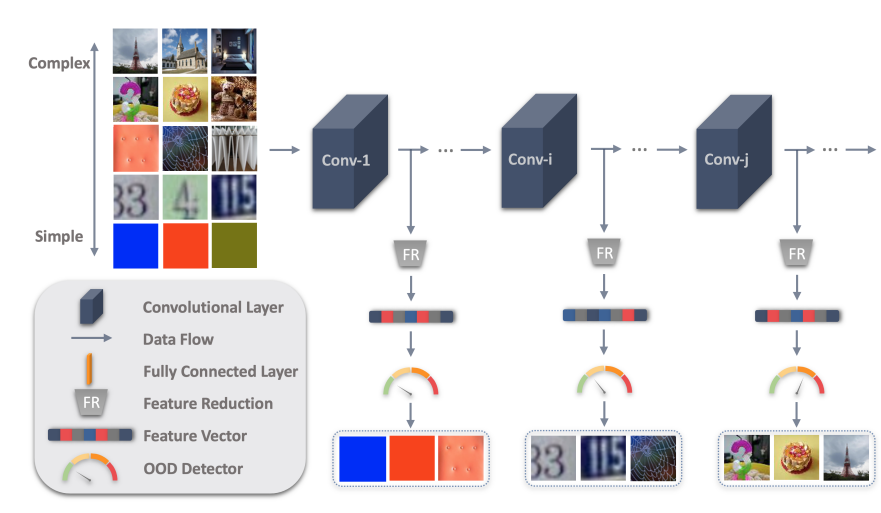
|
Haoliang Wang, Chen Zhao, Xujiang Zhao, Feng Chen, PAKDD, 2022 paper / code / slides In this paper, we proposed a novel layer-adaptive OOD detection framework (LA-OOD) for DNNs that can fully utilize the intermediate layers’ outputs. |
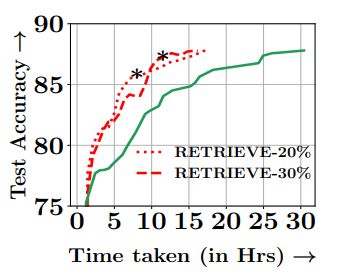 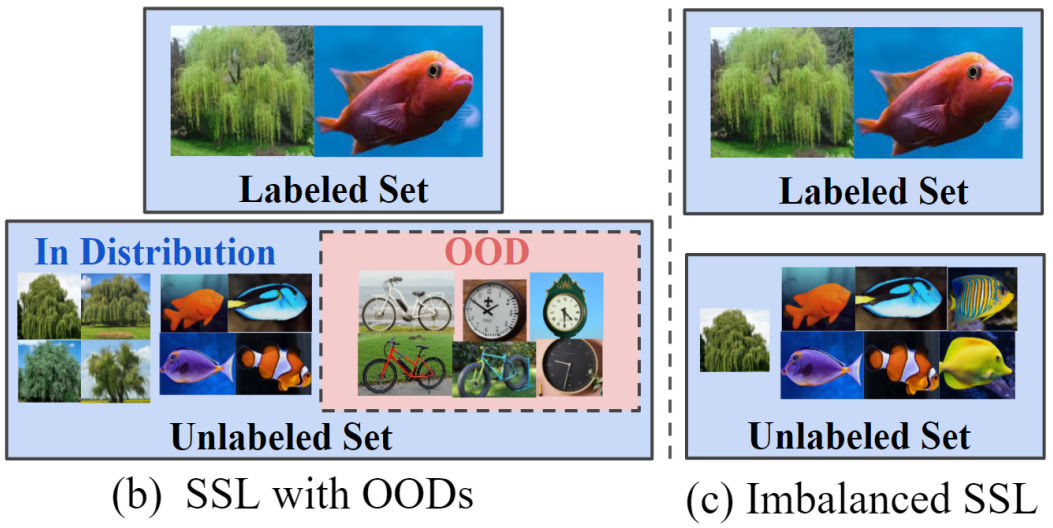
|
Krishnateja Killamsetty, Xujiang Zhao, Rishabh Iyer, Feng Chen, NeurIPS, 2021 paper / code / slides We propose a subset selection algorithm in semi-supervised learning to speed up the SSL training. In addition, this algorithm achieve a better performance when unlabeled data consists of Out-of-Distribution (OOD) data and imbalance. |
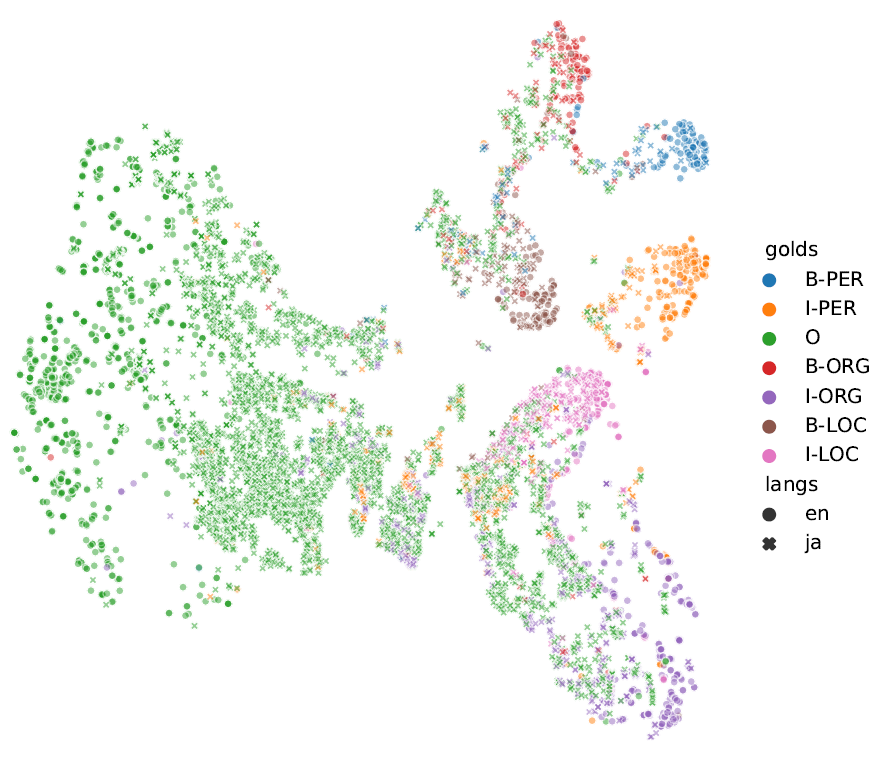 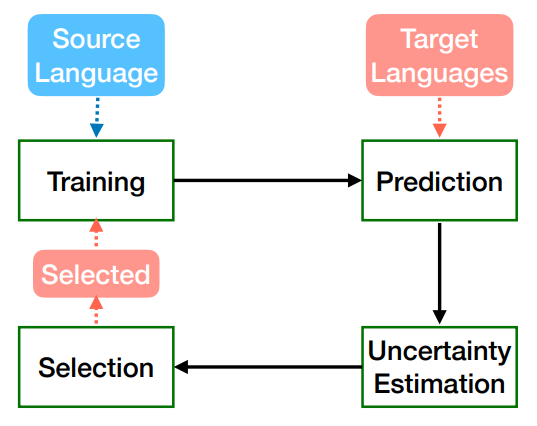
|
Liyan Xu, Xuchao Zhang, Xujiang Zhao, Haifeng Chen, Feng Chen, Jinho D. Choi, EMNLP, 2021 (Short paper, Oral) paper / code / slides In this work, we propose a self-learning framework that further utilizes unlabeled data of target languages, combined with uncertainty estimation in the process to select high-quality silver labels.. |
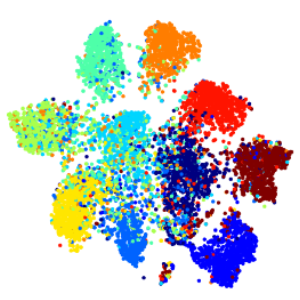 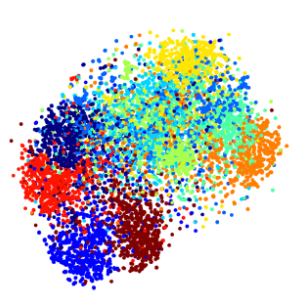
|
Zhuoyi Wang, Chen Zhao, Yuqiao Chen, Hemeng Tao, Yu Lin, Xujiang Zhao, Yigong Wang, Latifur Khan, WWW, 2021 paper / code / slides CLEAR: Contrastive-Prototype Learning with Drift Estimation for Resource Constrained Stream Mining. |
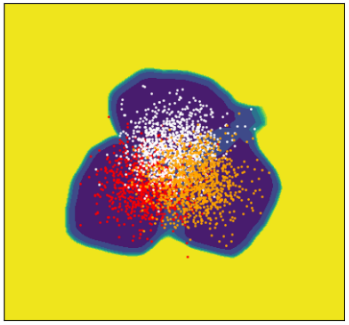 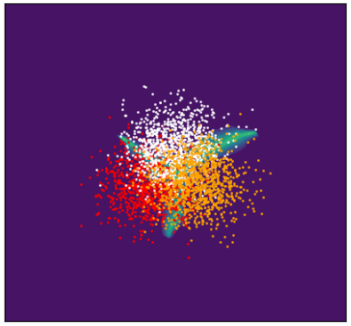
|
Yibo Hu, Yuzhe Ou, Xujiang Zhao, Feng Chen, Jin-hee Cho, AAAI, 2021 paper / code / slides By considering the multidimensional uncertainty, we proposed a novel uncertainty-aware evidential NN called WGAN-ENN (WENN) for solving an out-of-distribution (OOD) detection problem. |
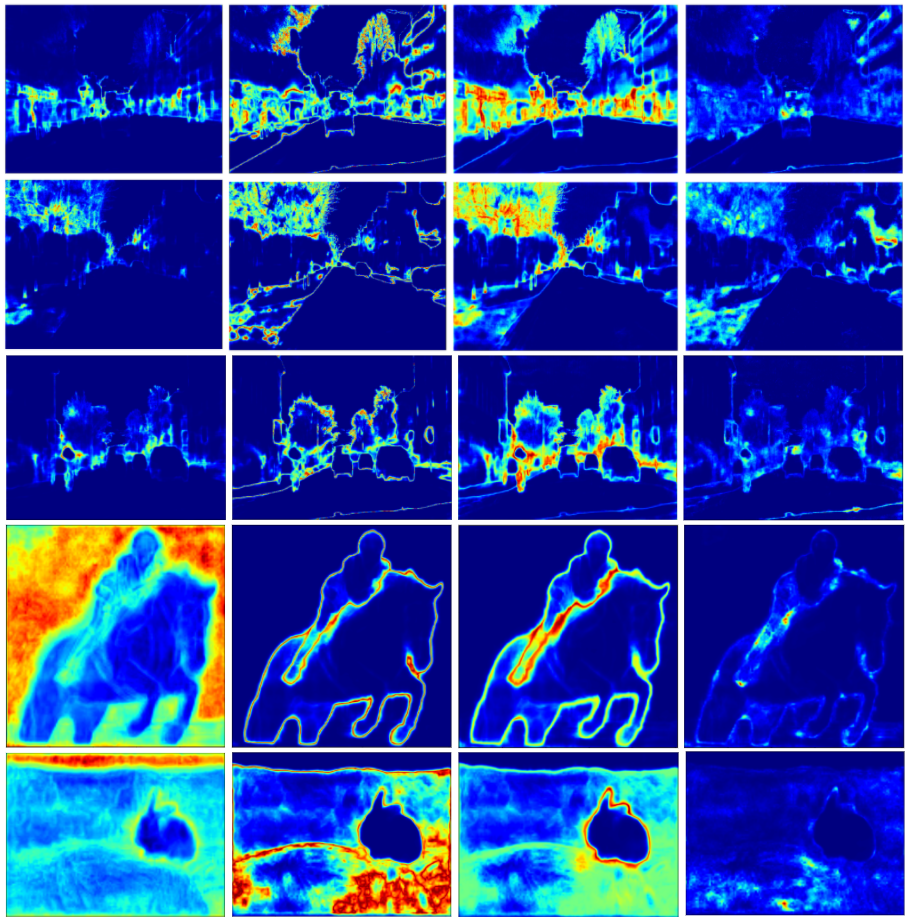 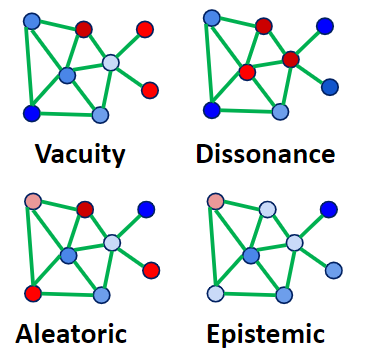
|
Xujiang Zhao, Feng Chen, Shu Hu, Jin-hee Cho, NeurIPS, 2020 (Spotlight) paper / code / slides / poster / video A multi-source uncertainty framework of GNN that reflecting various types of uncertainties in both deep learning and belief/evidence theory domains for node classification predictions. |
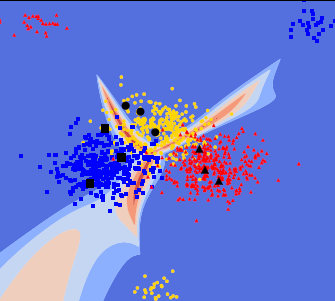 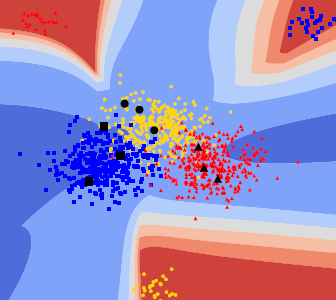
|
Weishi Shi, Xujiang Zhao, Feng Chen, Qi Yu, NeurIPS, 2020 paper / appendix / code / slides A novel multi-source uncertainty prediction approach that enables deep learning models to be actively trained with much less labeled data. |
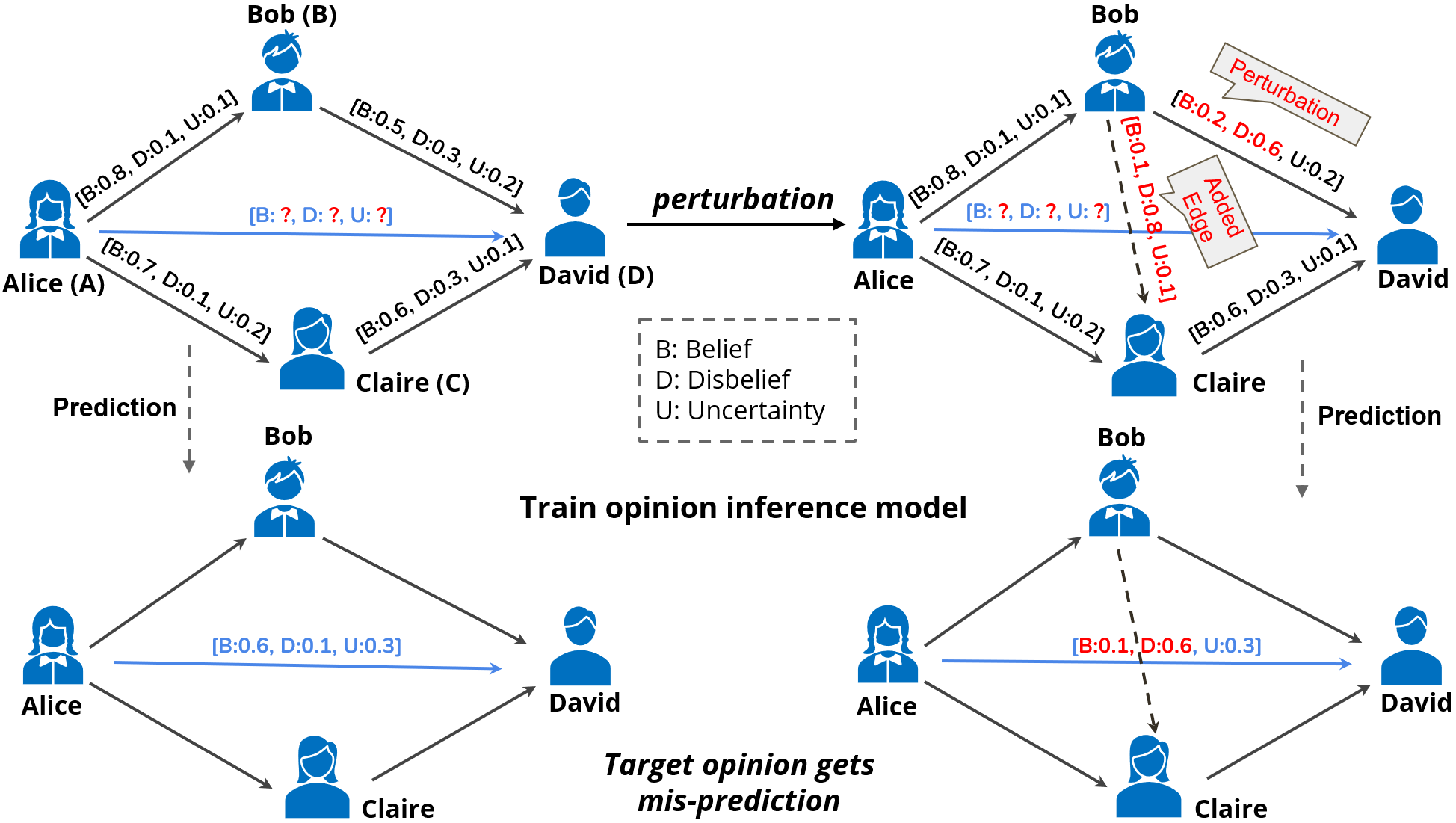 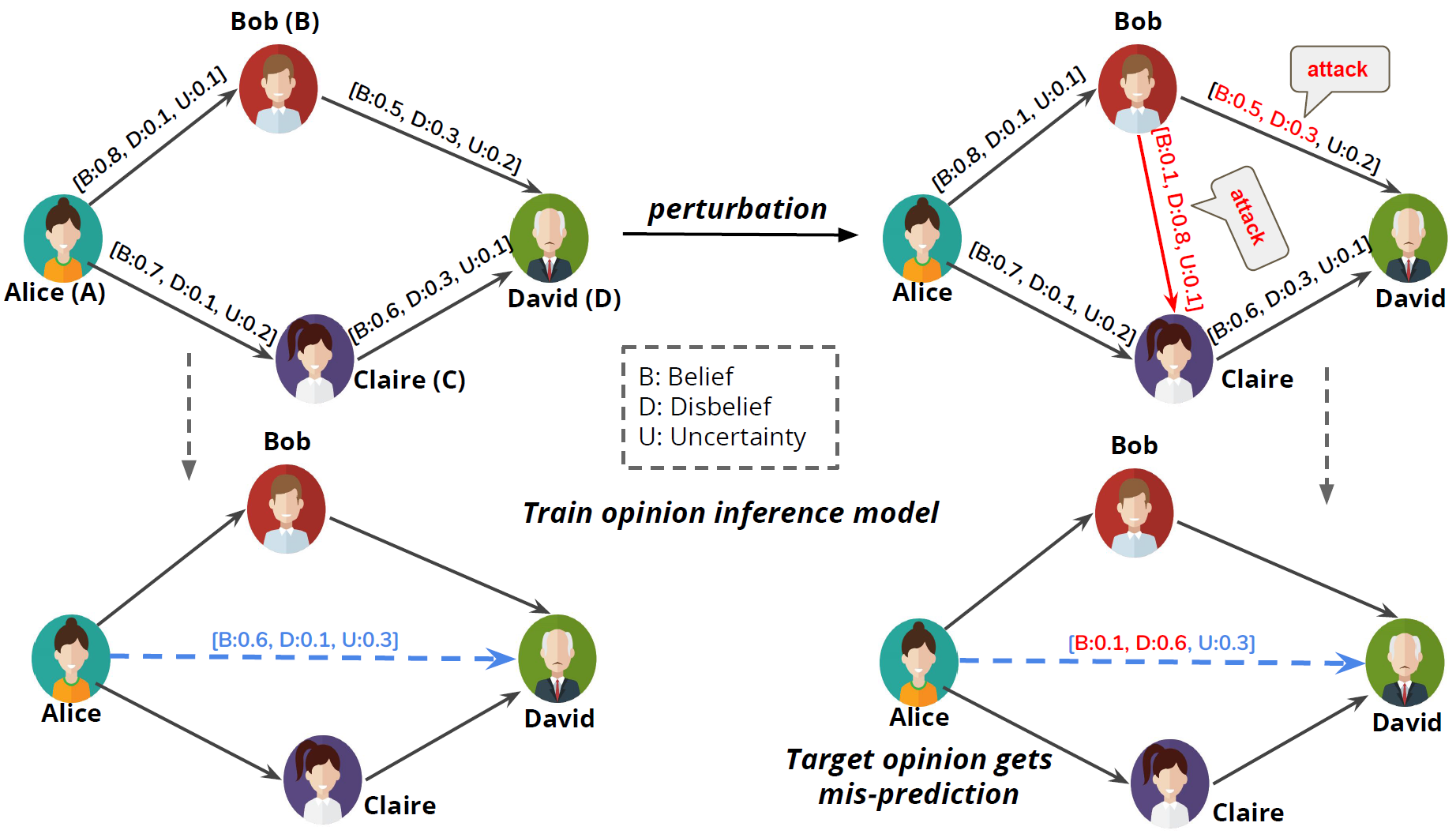
|
Adil Alim, Xujiang Zhao, Jin-hee Cho, Feng Chen, Bigdata, 2019 paper / slides we propose a highly scalable opinion inference probabilistic model, namely Adversarial Collective Opinion Inference (Adv-COI), which provides a solution to infer unknown opinions with high scalability and robustness under the presence of uncertain,. |
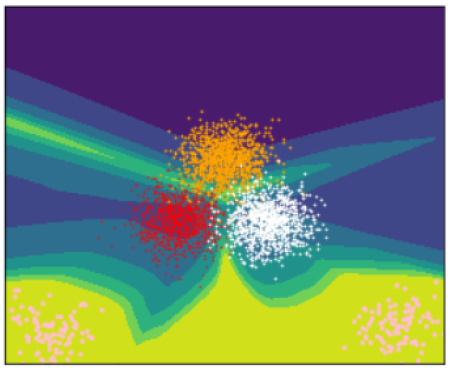 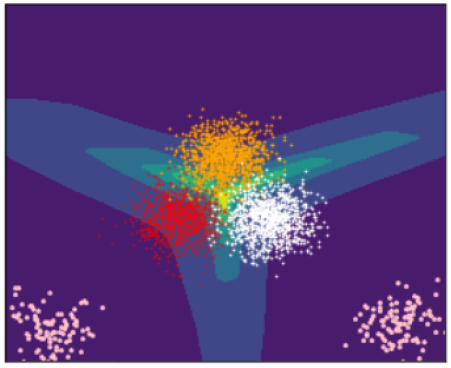
|
Xujiang Zhao, Yuzhe Ou, Lance Kaplan, Feng Chen, Jin-hee Cho, AAAI, 2019 Fall Symposium Series paper / code / slides This paper presents a new approach, called a regularized EEvidential Neural Networks (ENN), that learns an ENN based on regularizations related to different characteristics of inherent data uncertainty. |
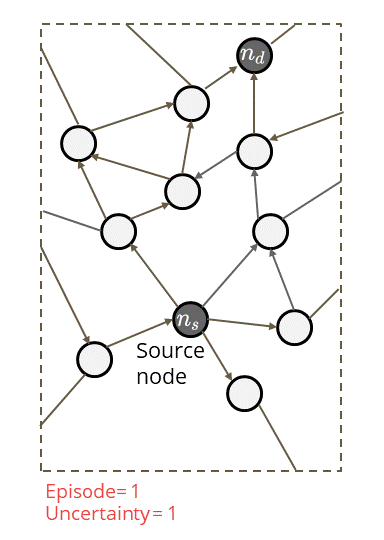 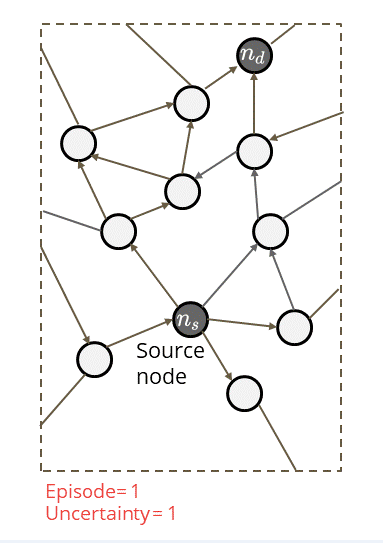
|
Xujiang Zhao, Shu Hu, Jin-hee Cho, Feng Chen, FUSION, 2019 paper / slides This paper proposed three DRL-based schemes combining Subjective Logic and deep reinforcement learning where a reward is given based on a different type of uncertainty (i.e., vacuity, dissonance, or monosonance). |
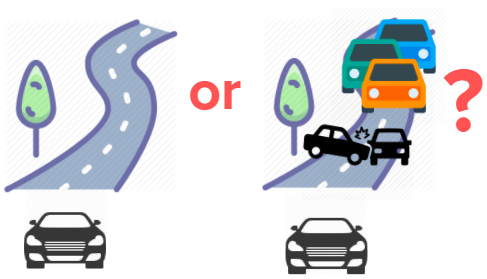 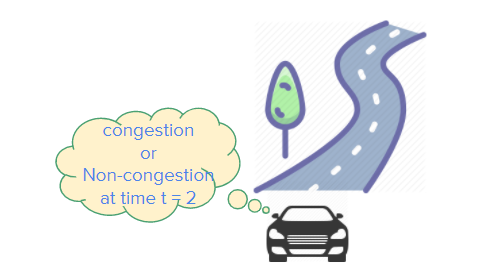
|
Xujiang Zhao, Feng Chen, Jin-hee Cho, Bigdata, 2018 paper / code / slides GCN-GRU:Combine Graph Convolutional Network (GCN) and the Gated Recurrent Units (GRU) to model the topological and temporal heterogeneous dependency information of a given dynamic network and conflicting opinions based on robust statistics (uncertainty) |
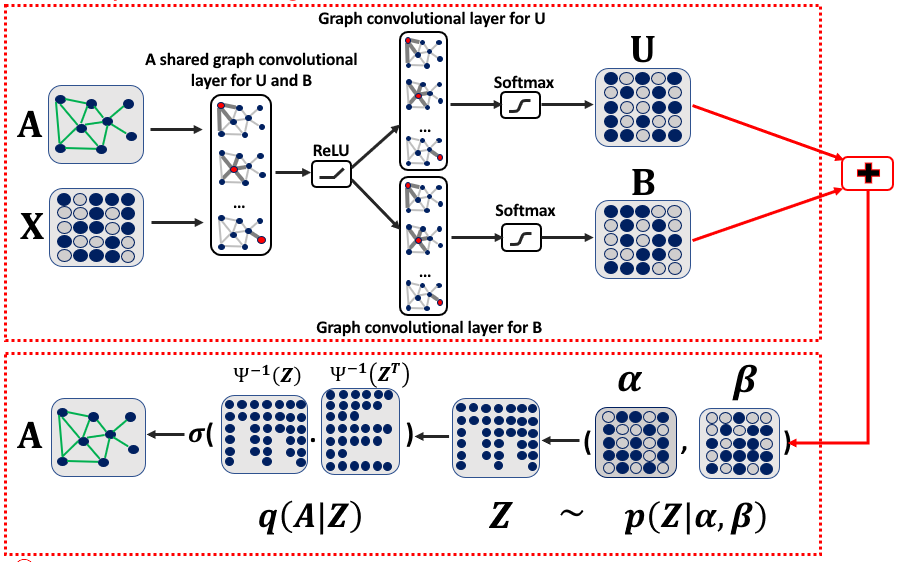 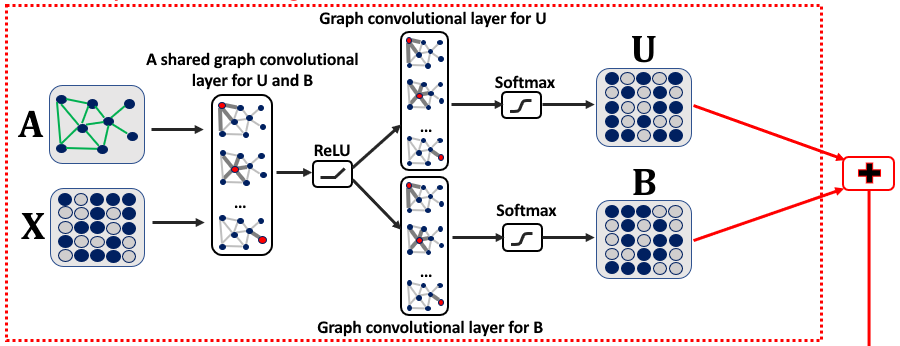
|
Xujiang Zhao, Feng Chen, Jin-hee Cho, ICDM, 2018 (Full paper; Acceptance rate: 8.86%) paper / code / slides / poster GCN-VAE-SL: The proposed DL-based opinion inference model handles node-level opinions explicitly in a large-scale network using graph convoluational network (GCN) and variational autoencoder (VAE) techniques. |
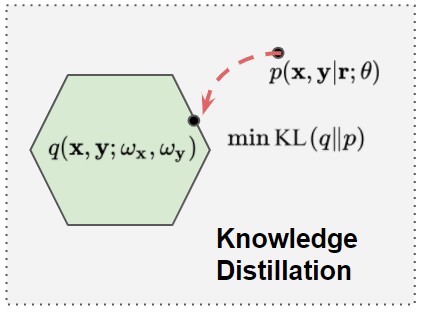 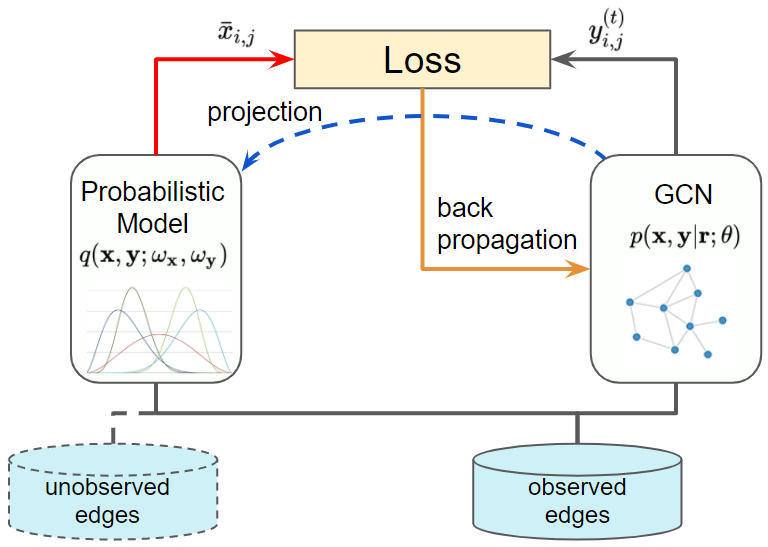
|
Xujiang Zhao, Feng Chen, Jin-hee Cho, MILCOM, 2018 paper / code / slides We propose a general framework to model and infer heterogeneous uncertainty information in network data based on GCN and node-level opinions via knowledge distillation. |
|
|
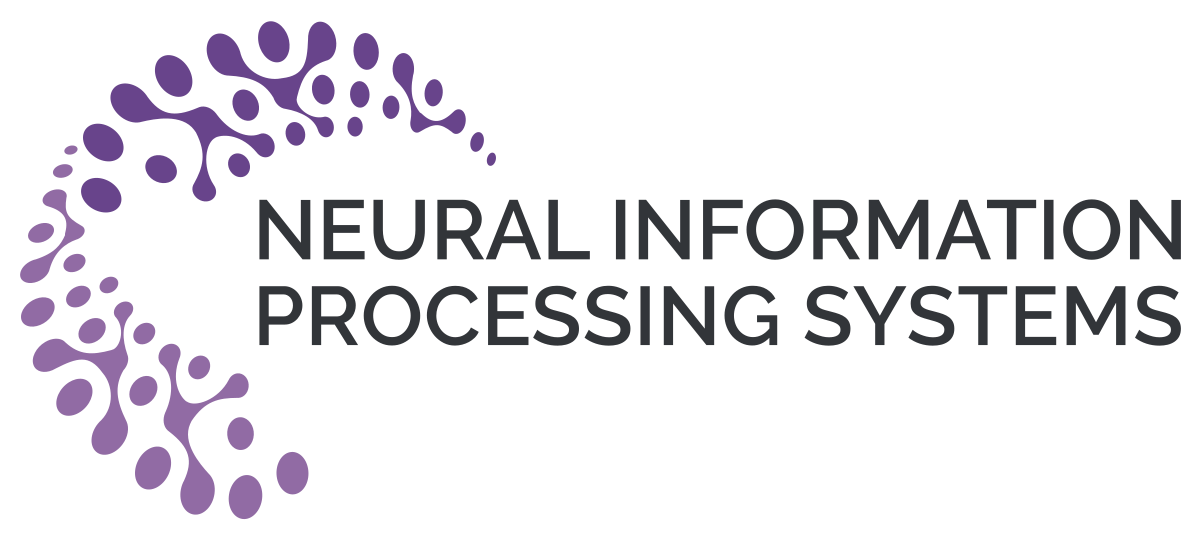 |
Program Committee Member
|
|
Design and source code from Jon Barron's website |